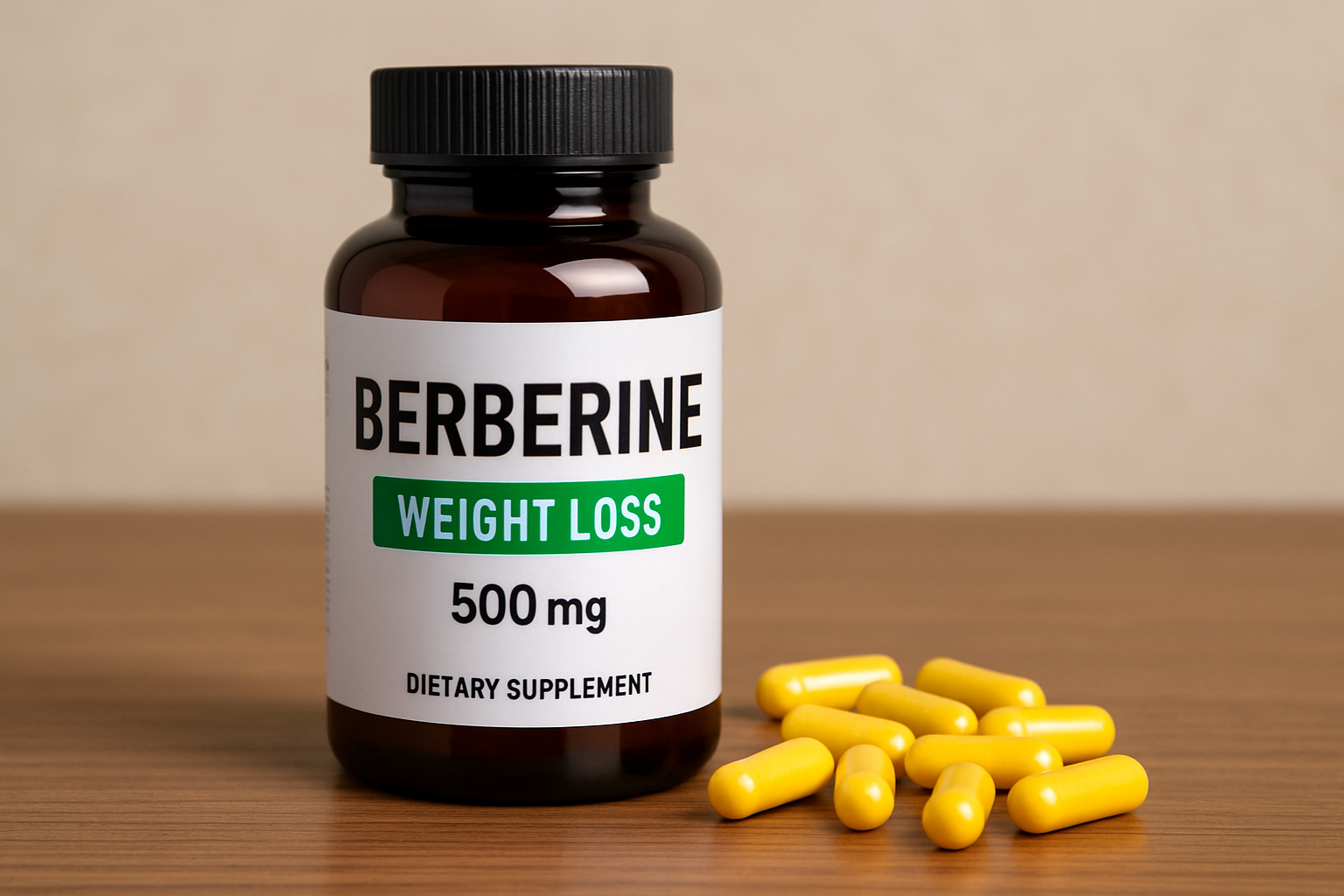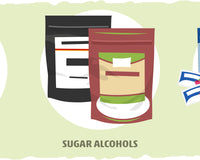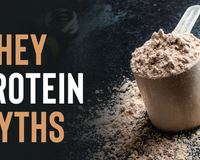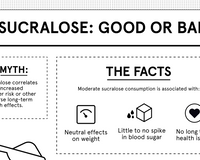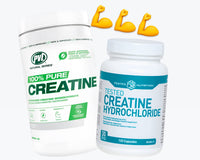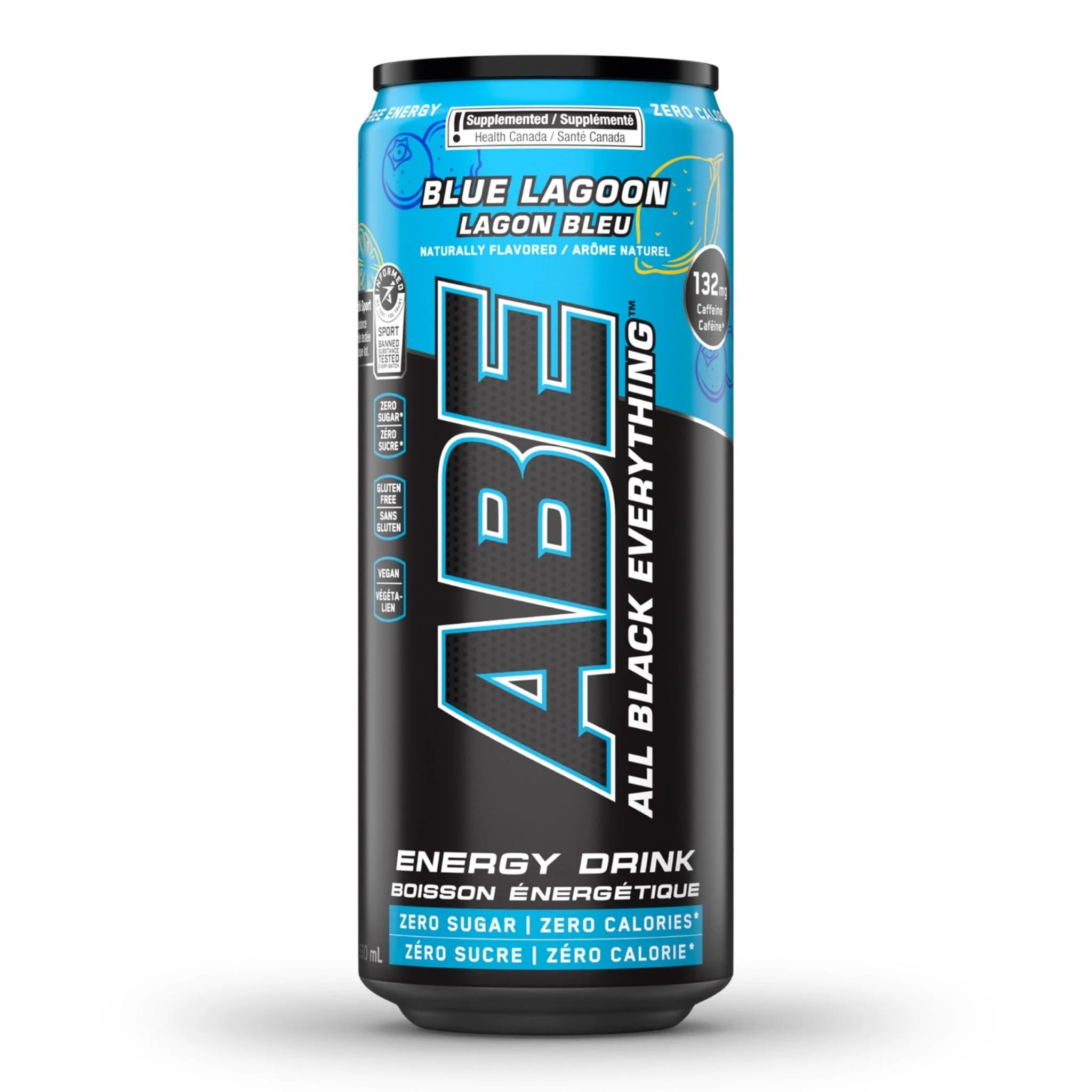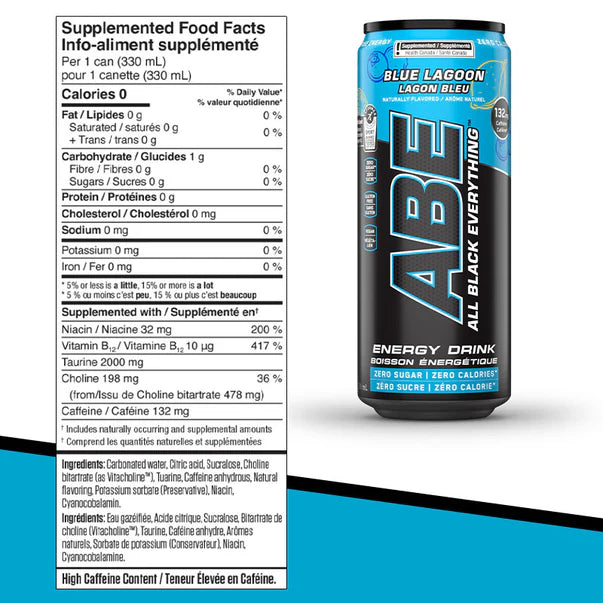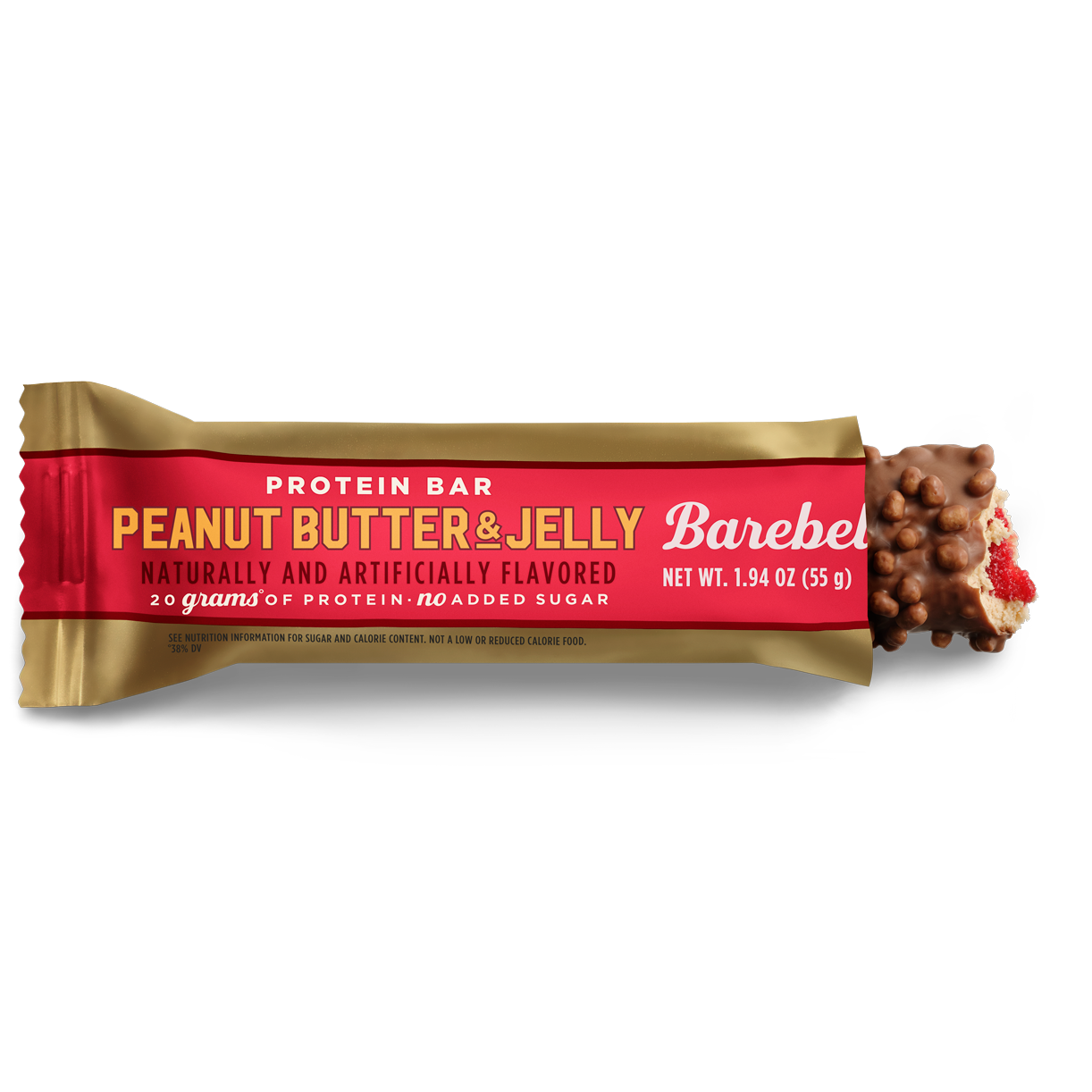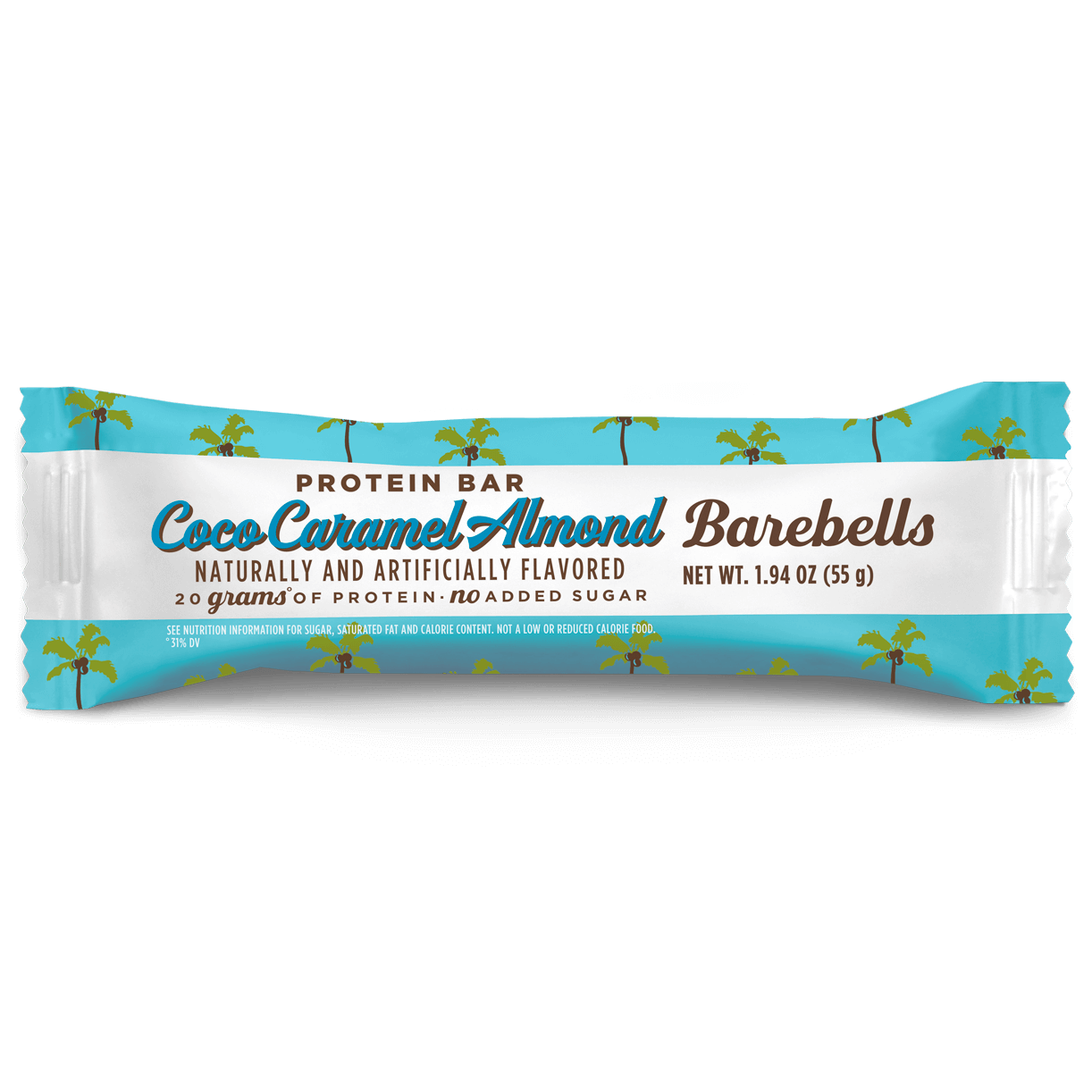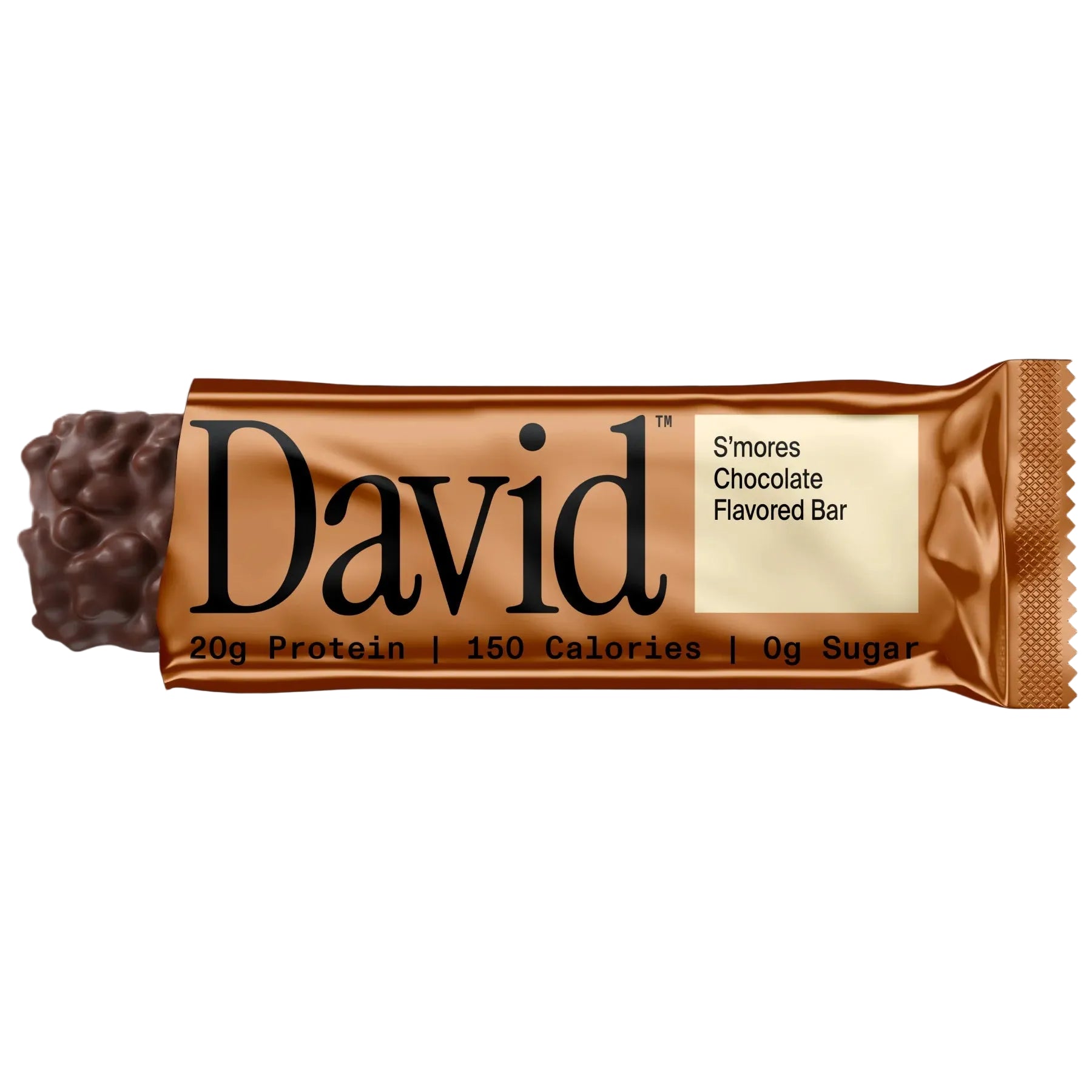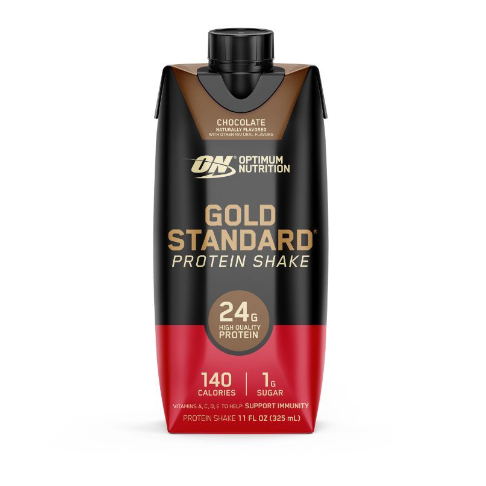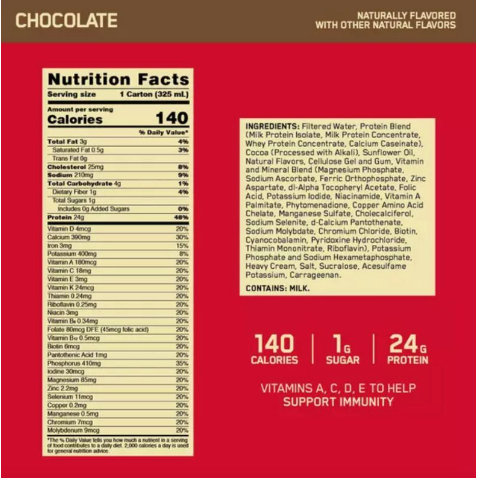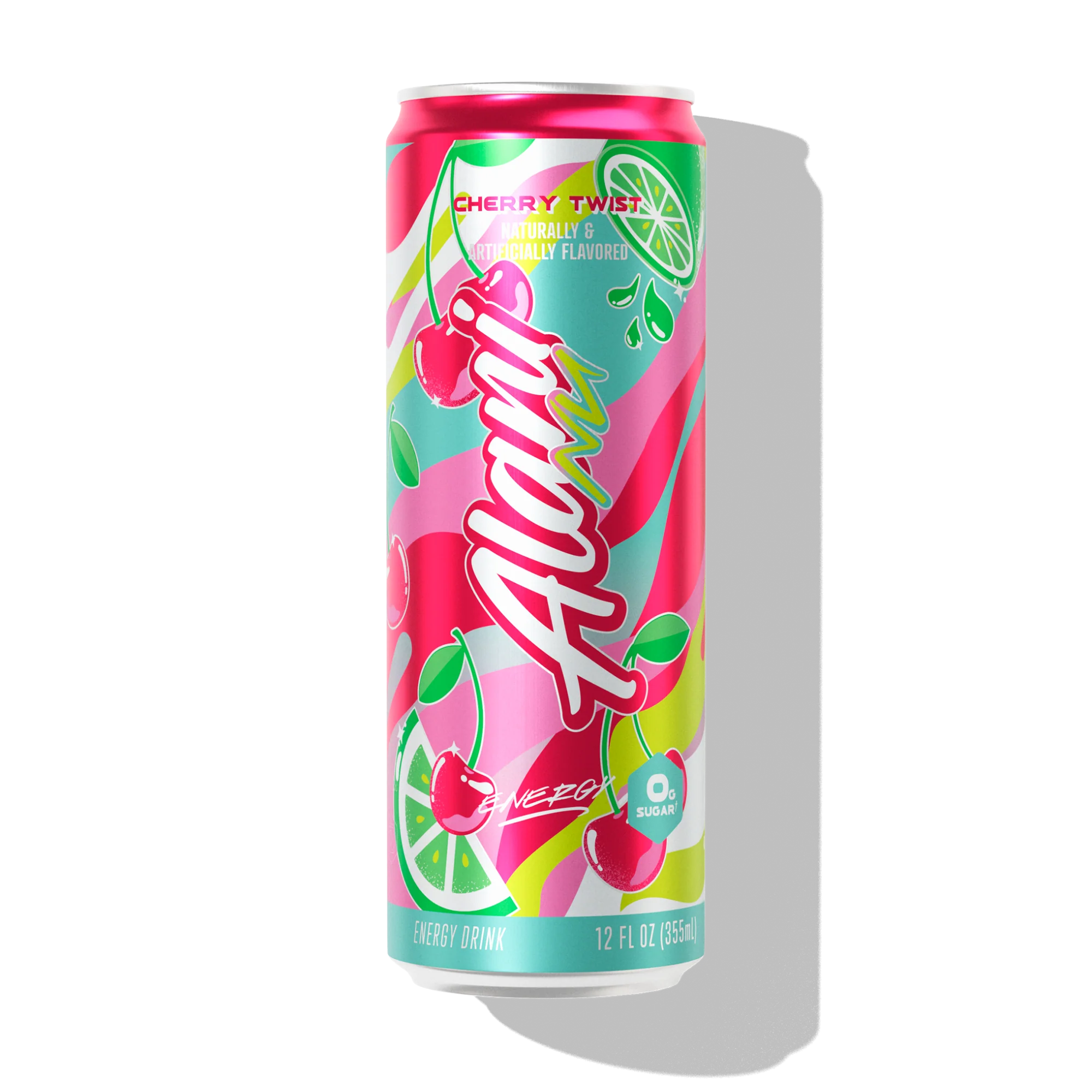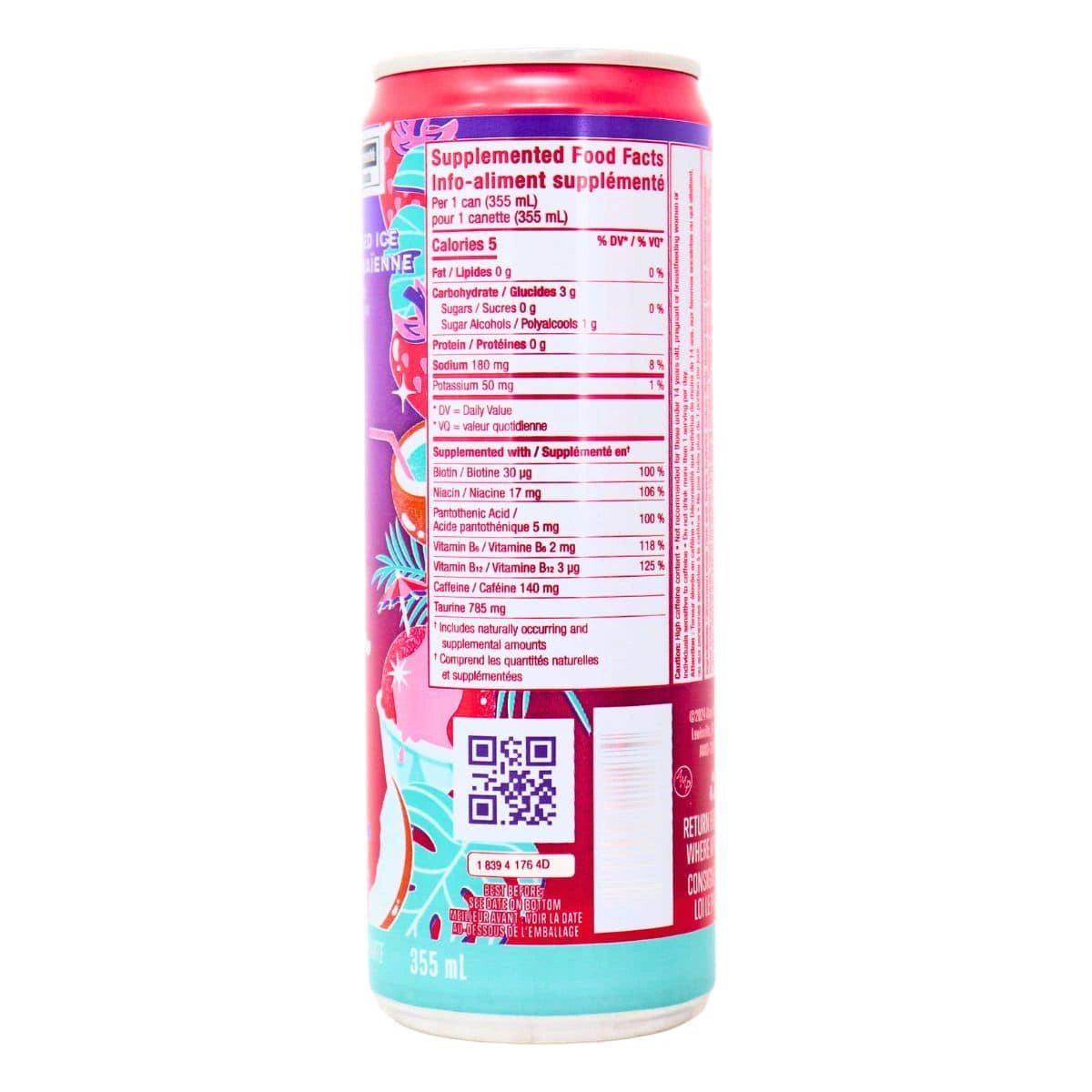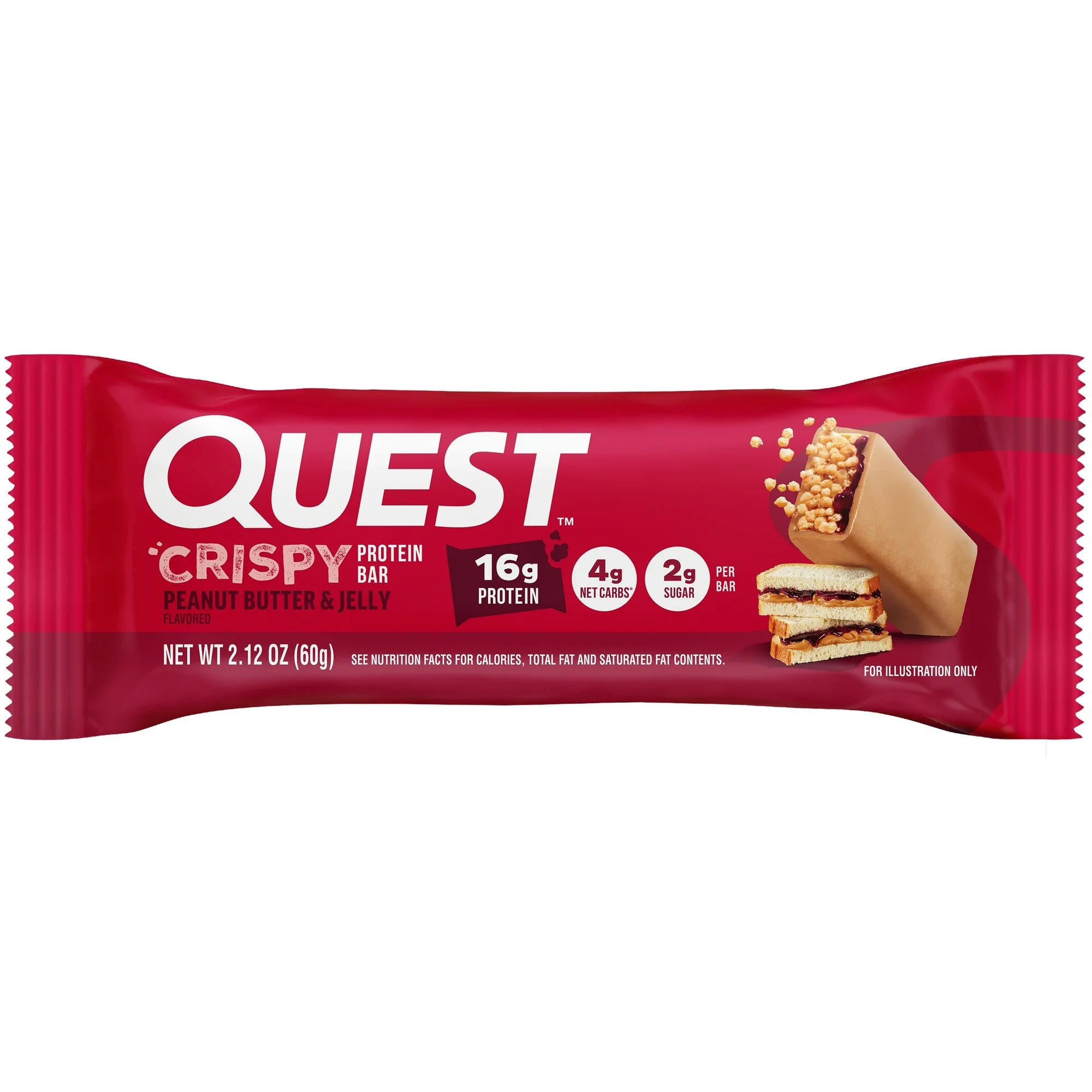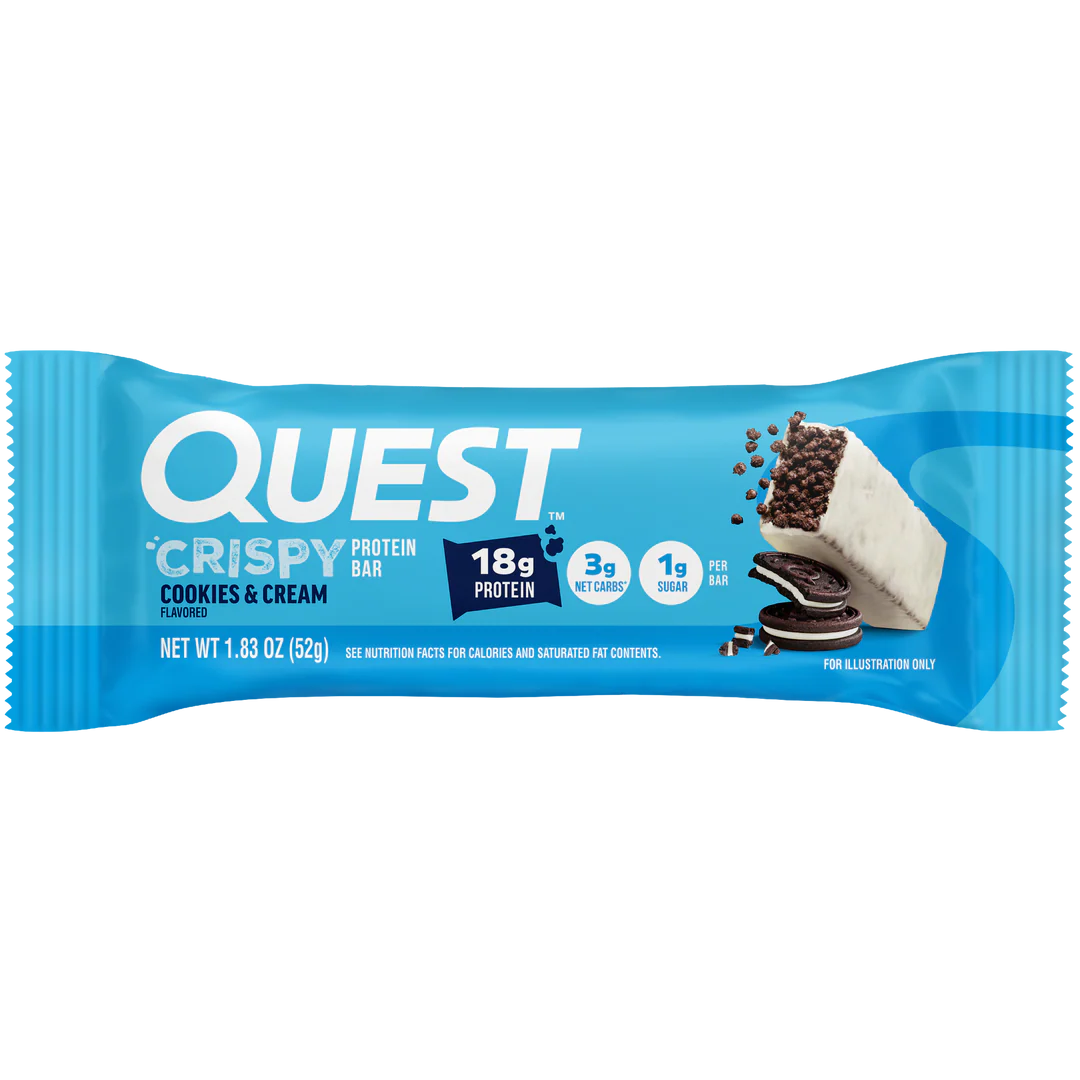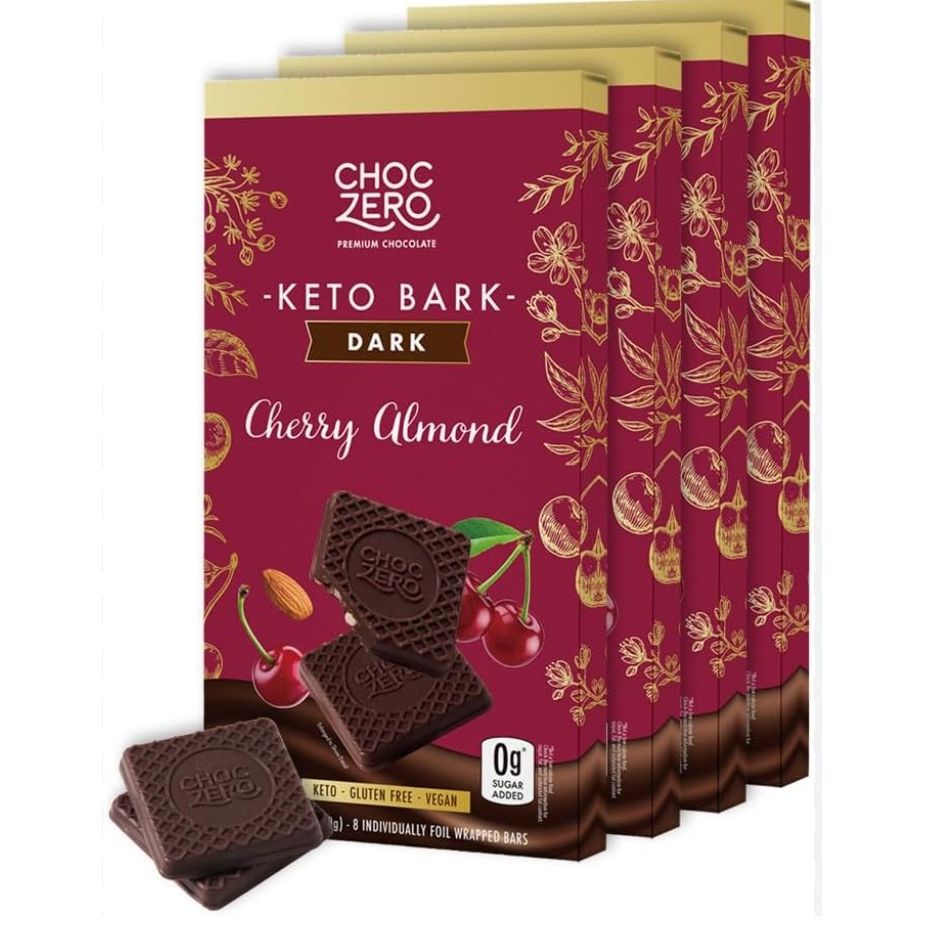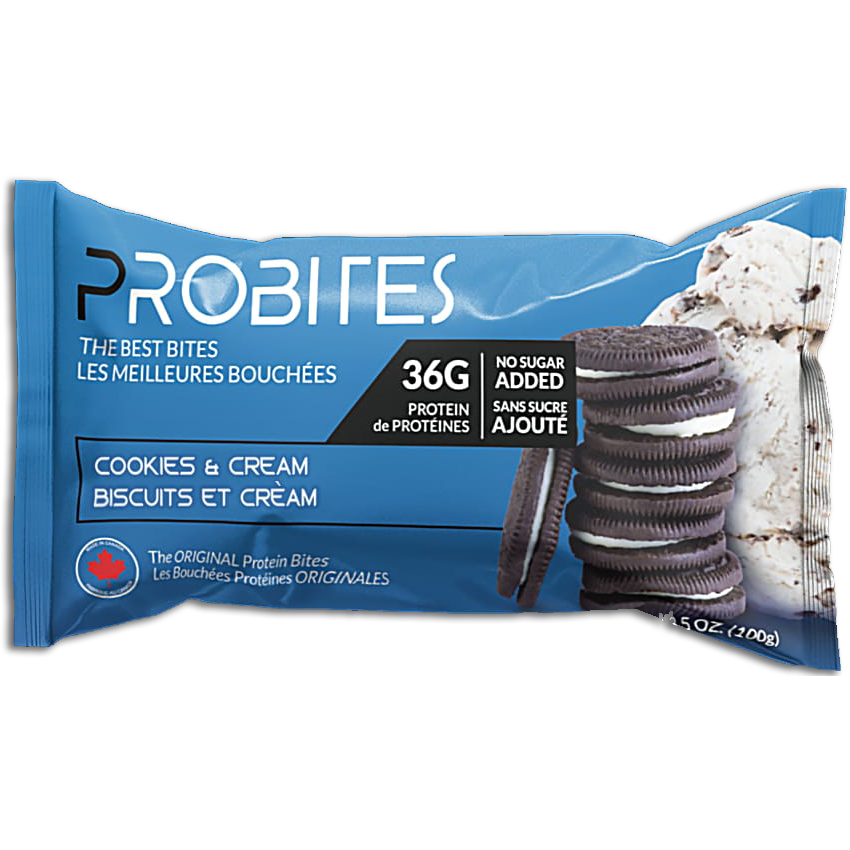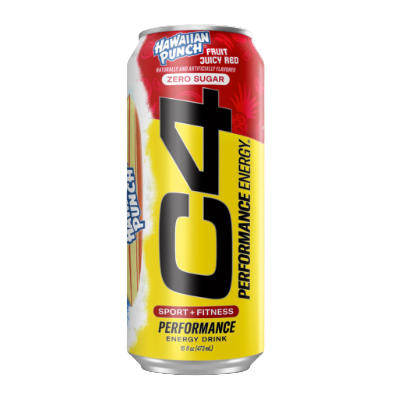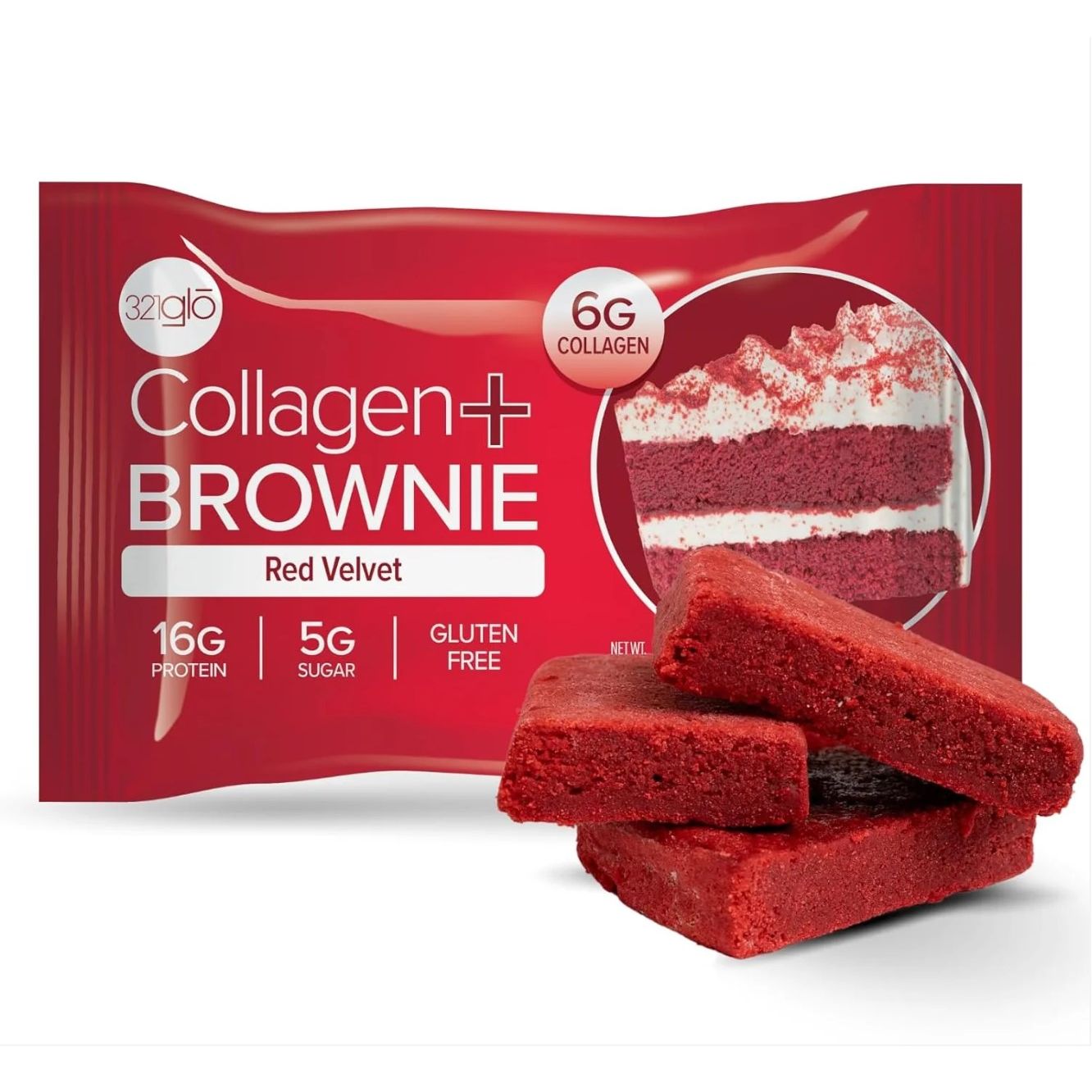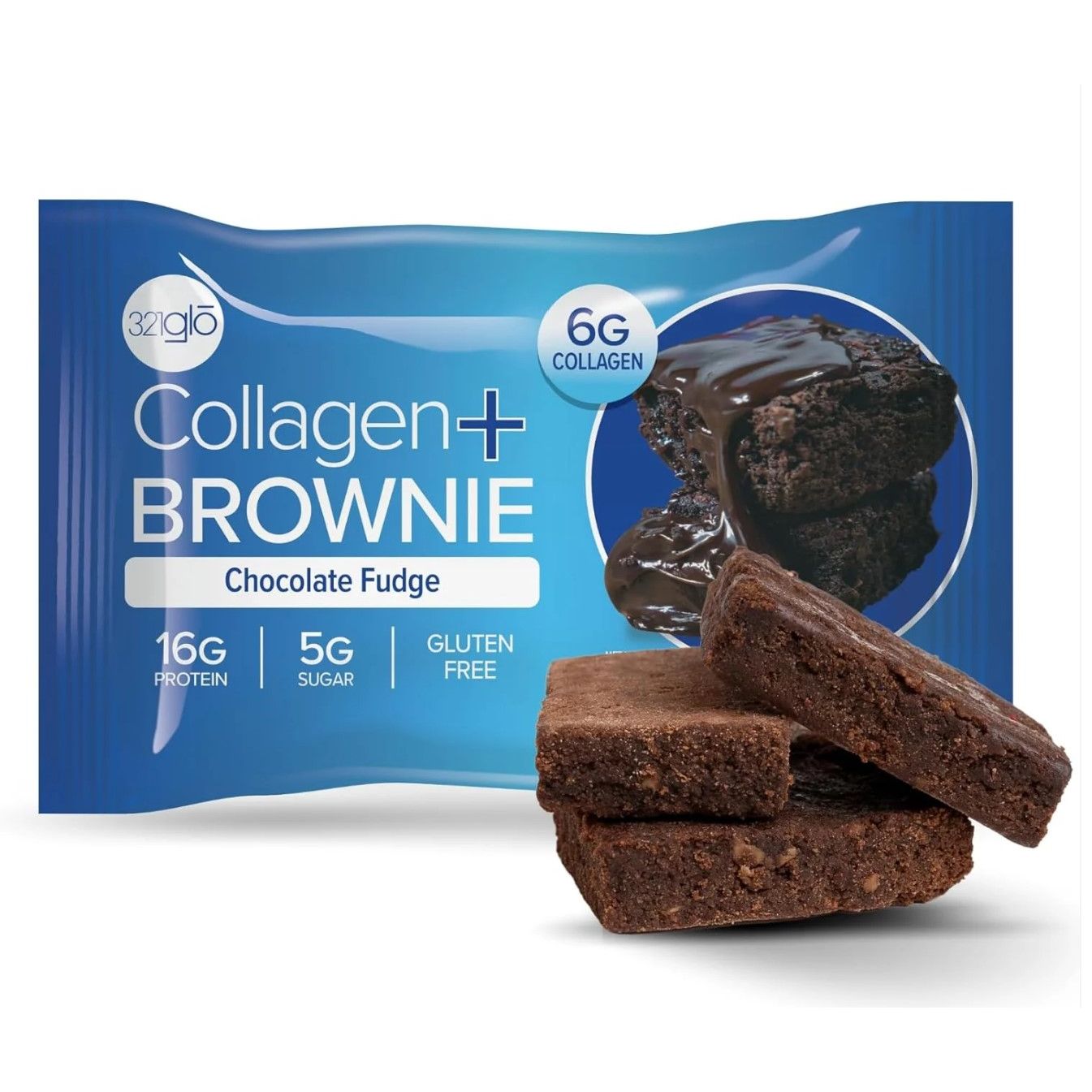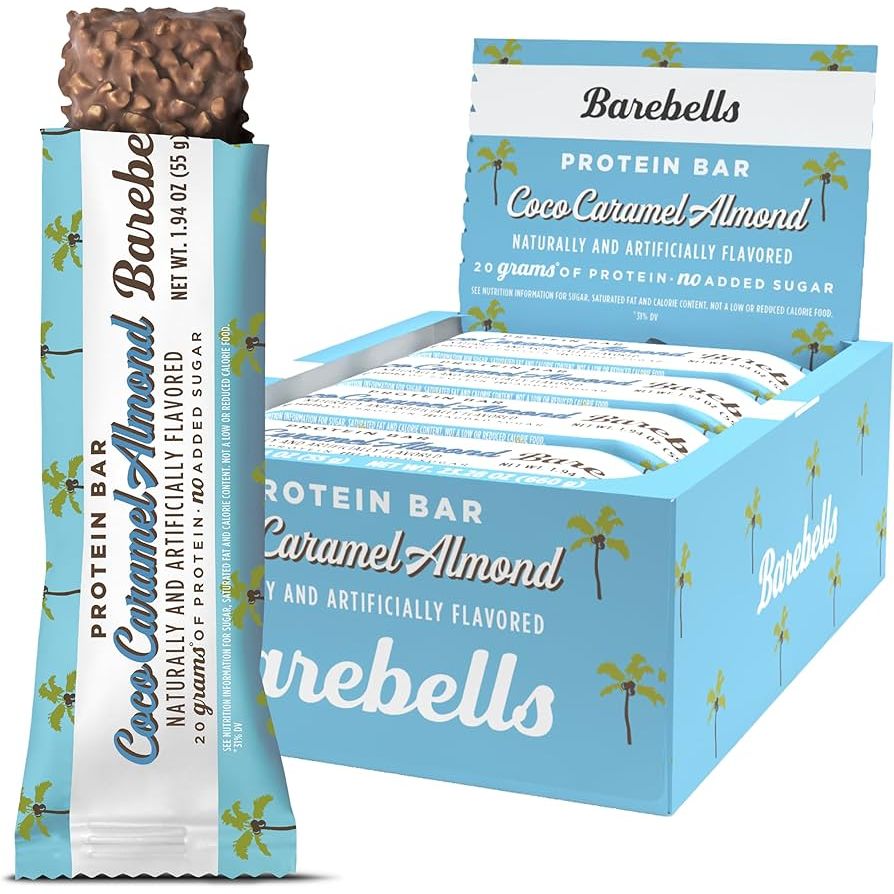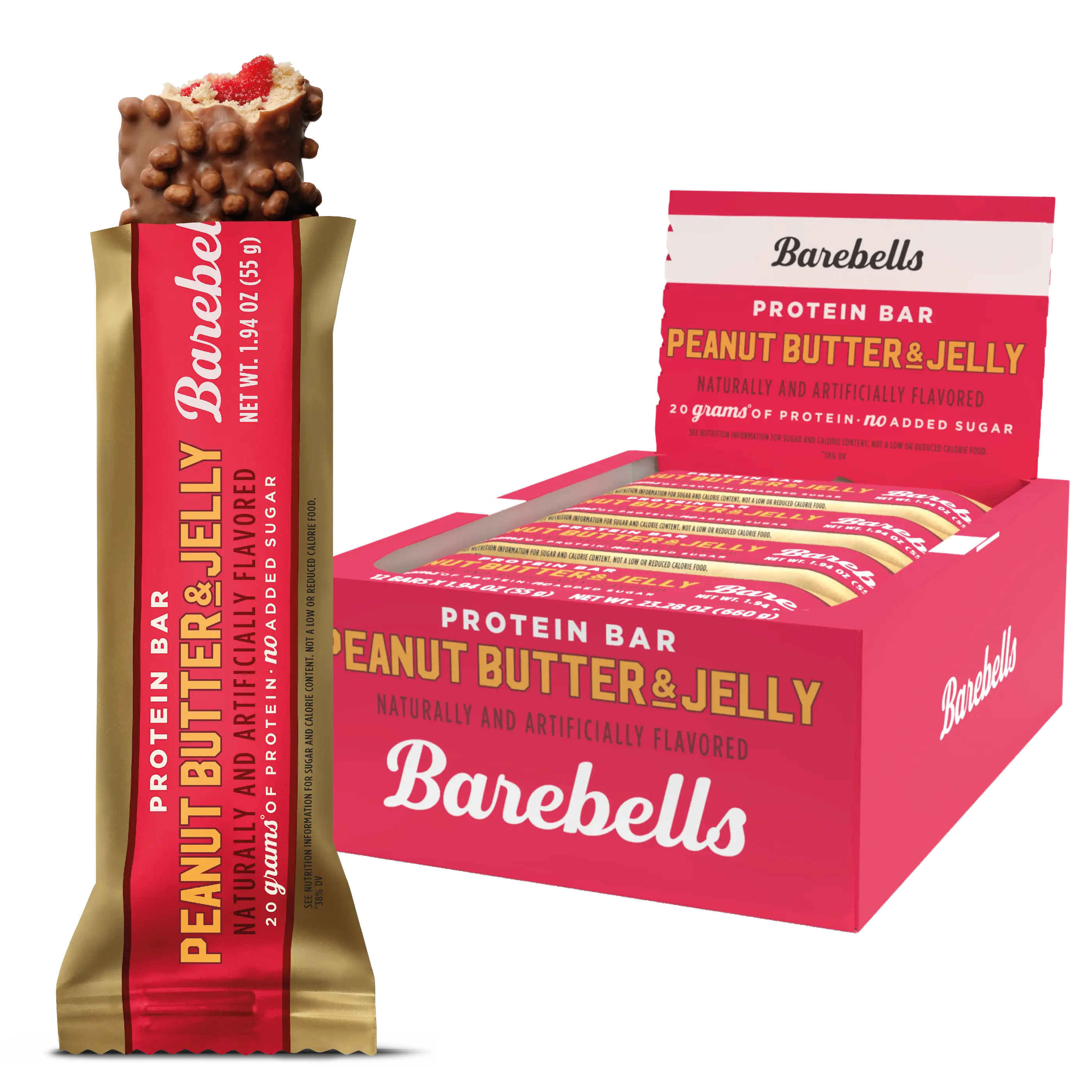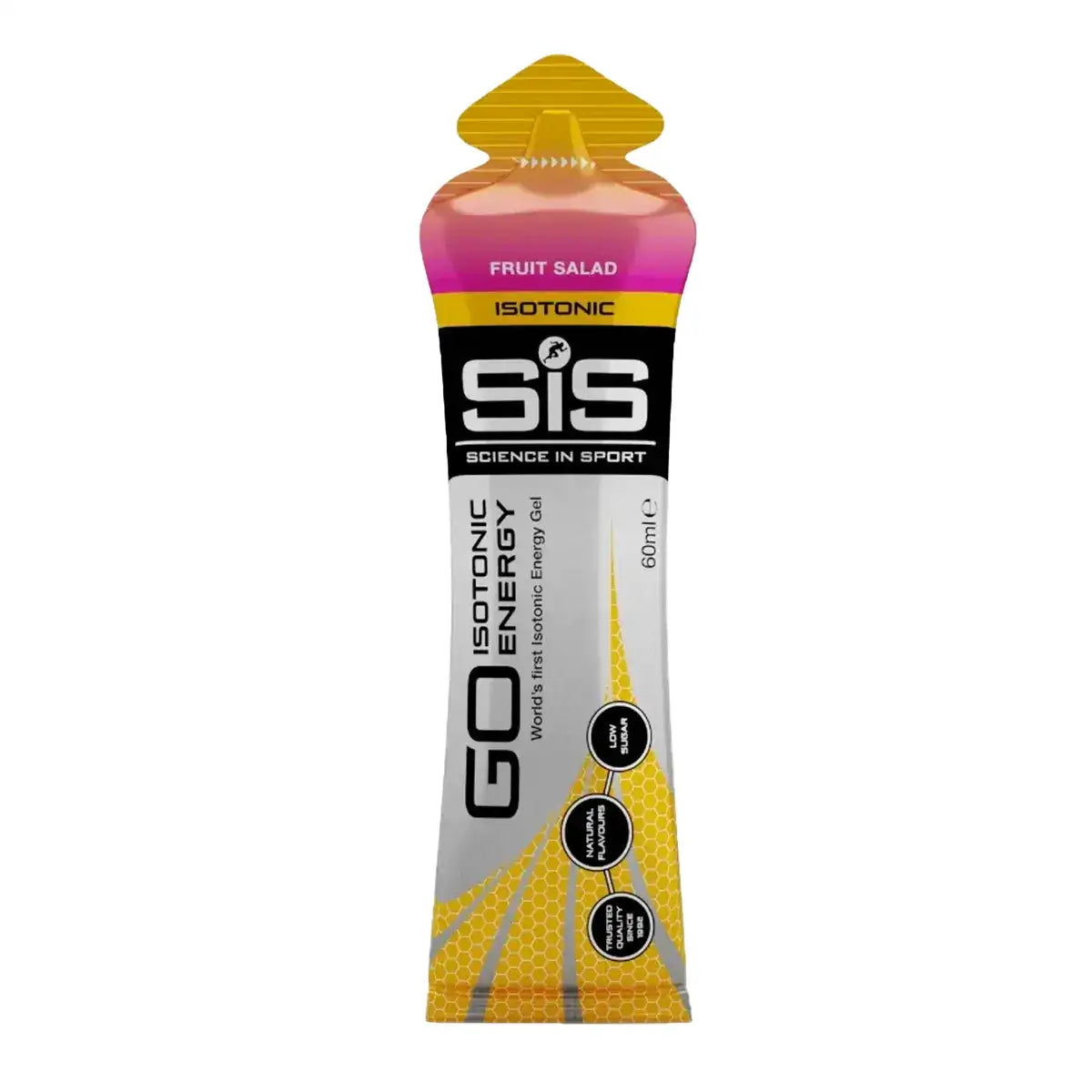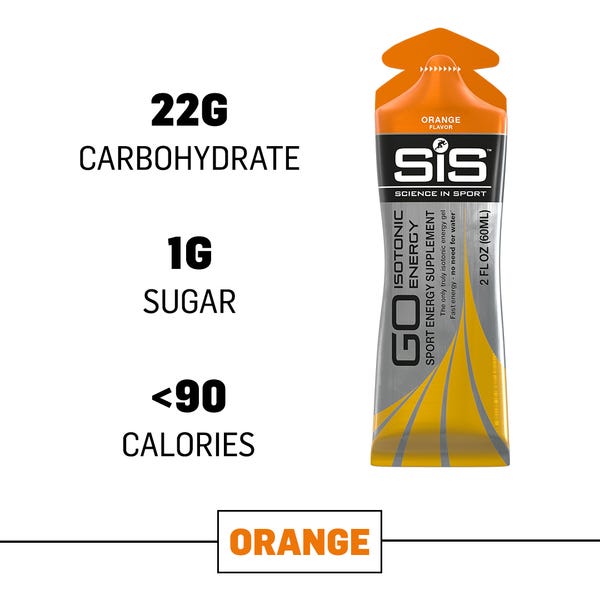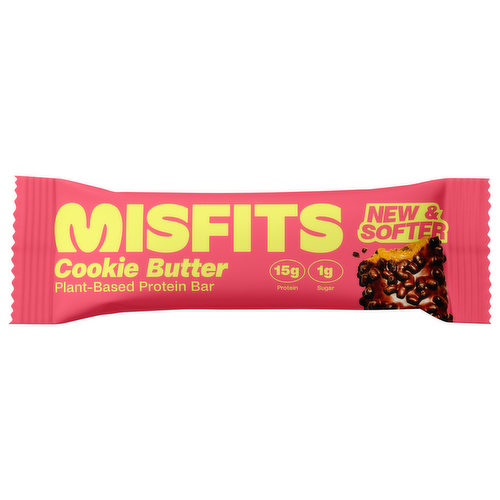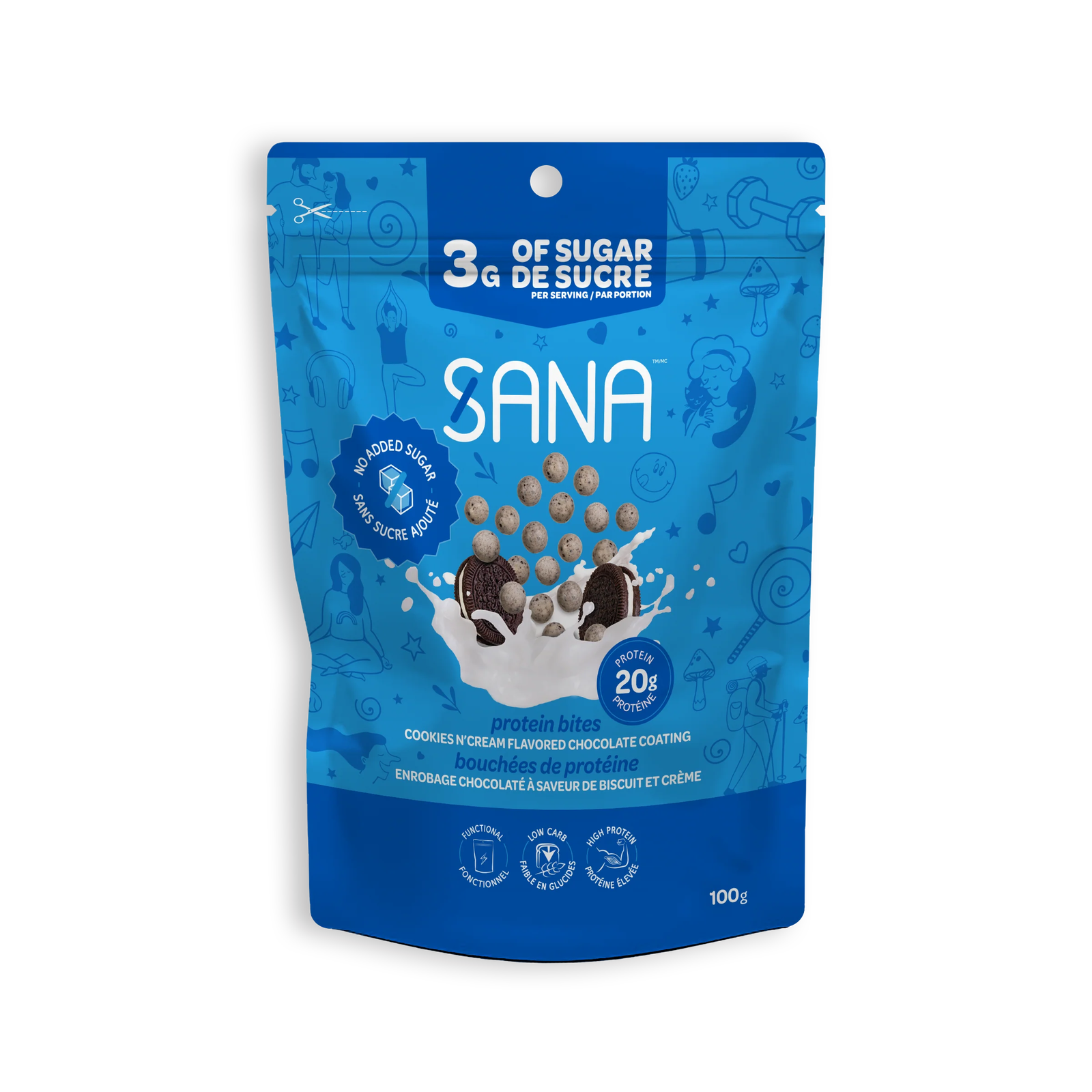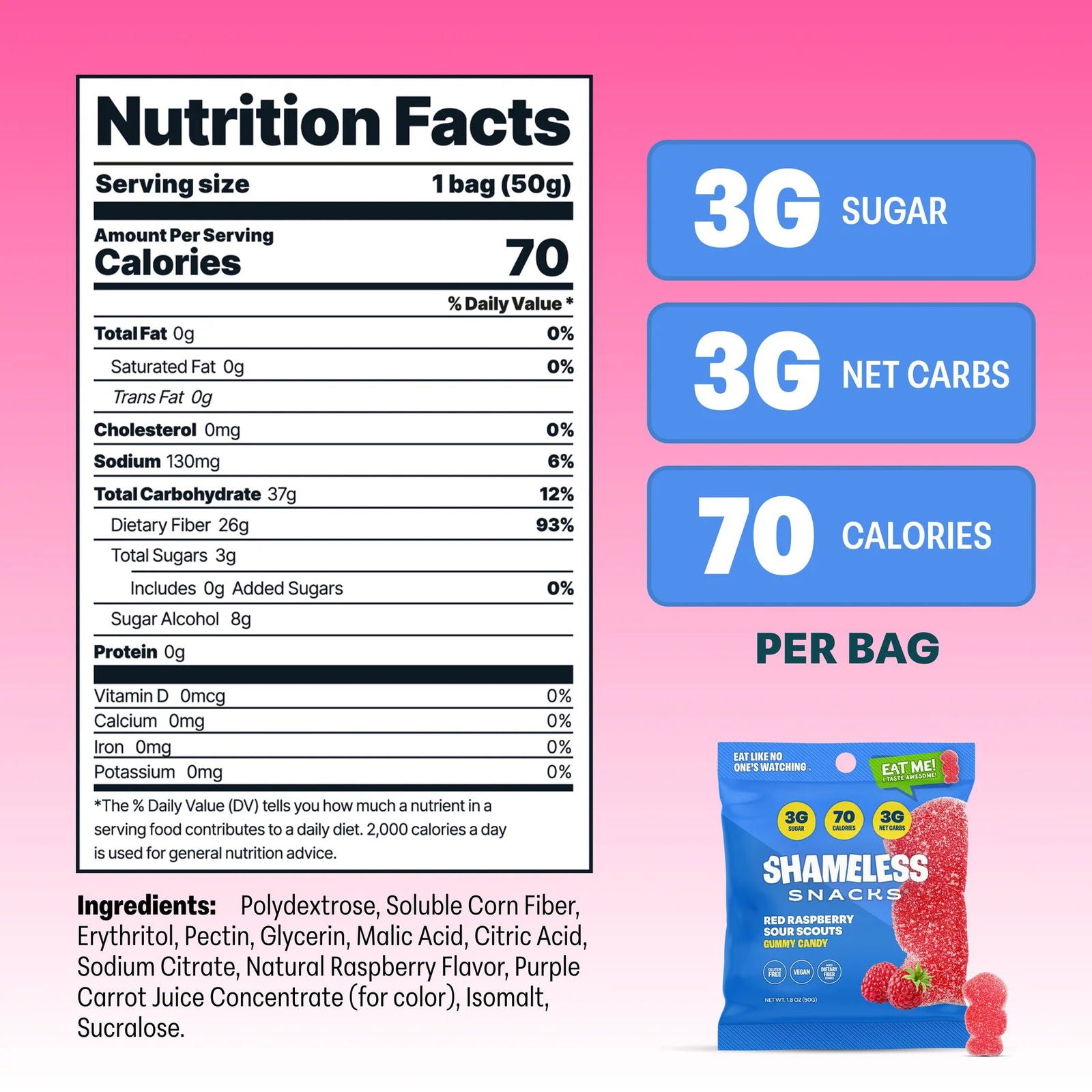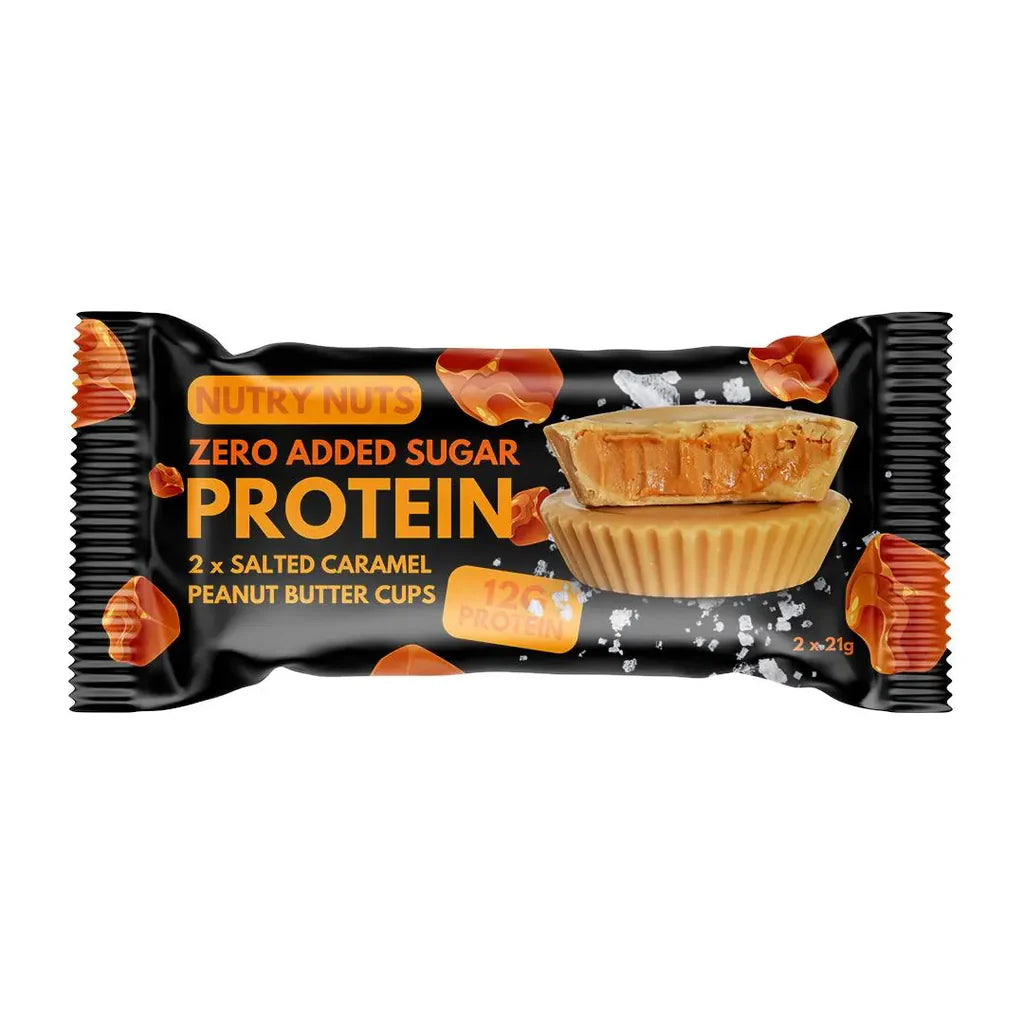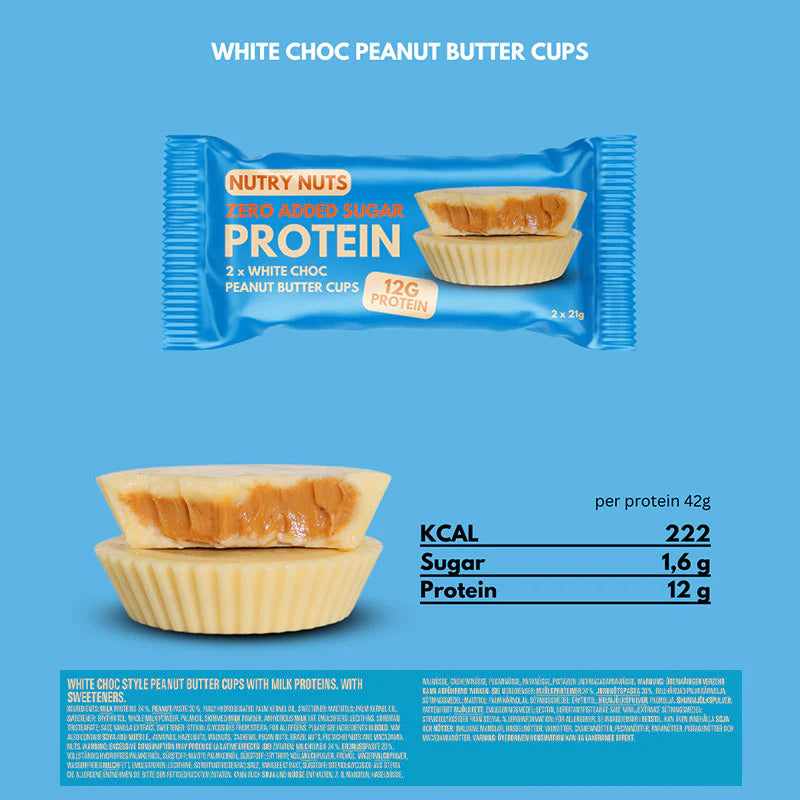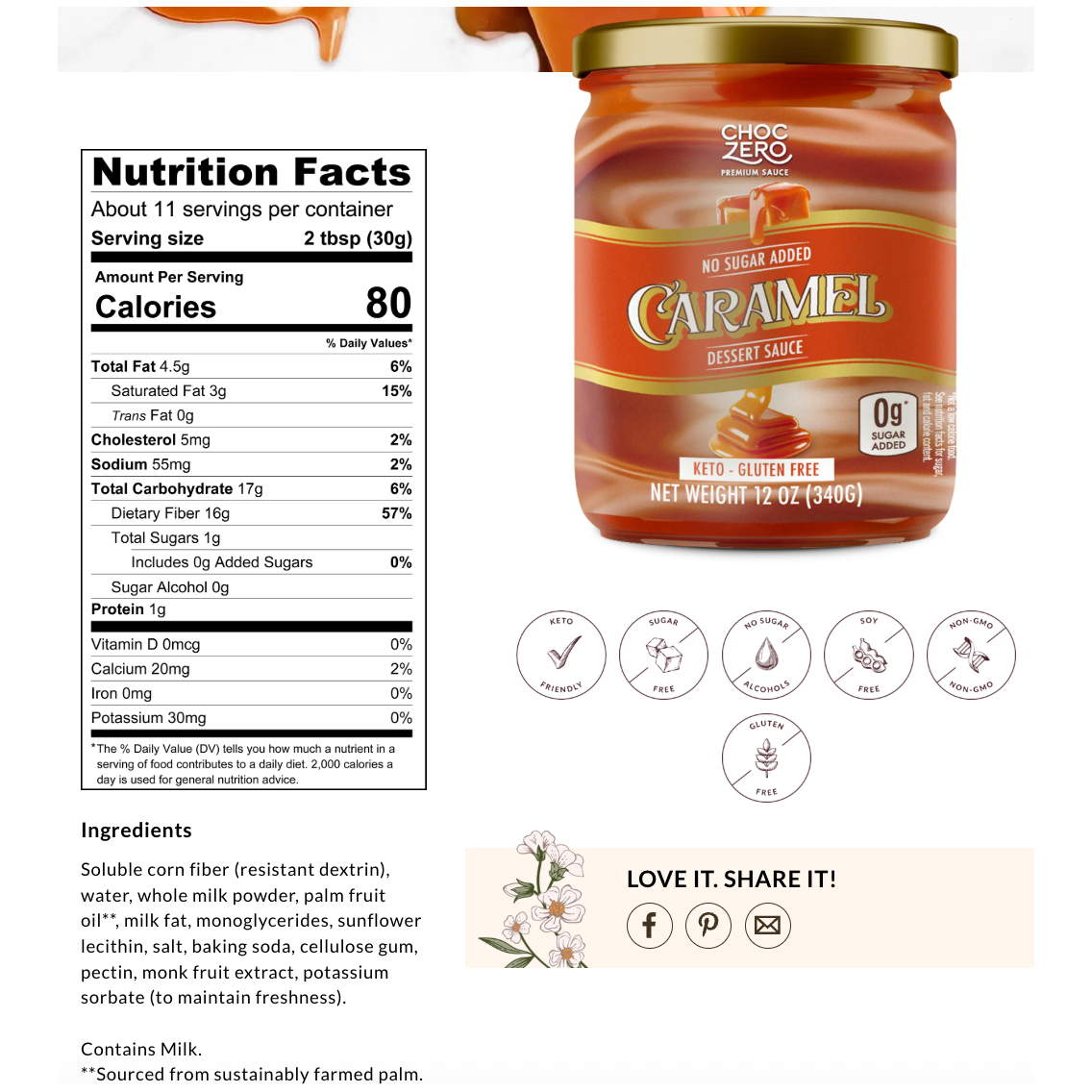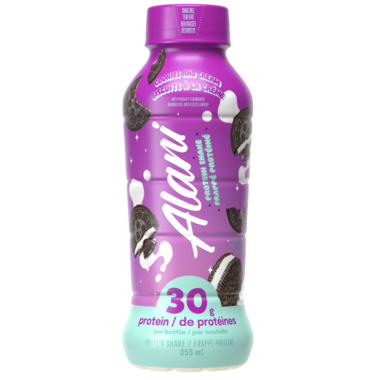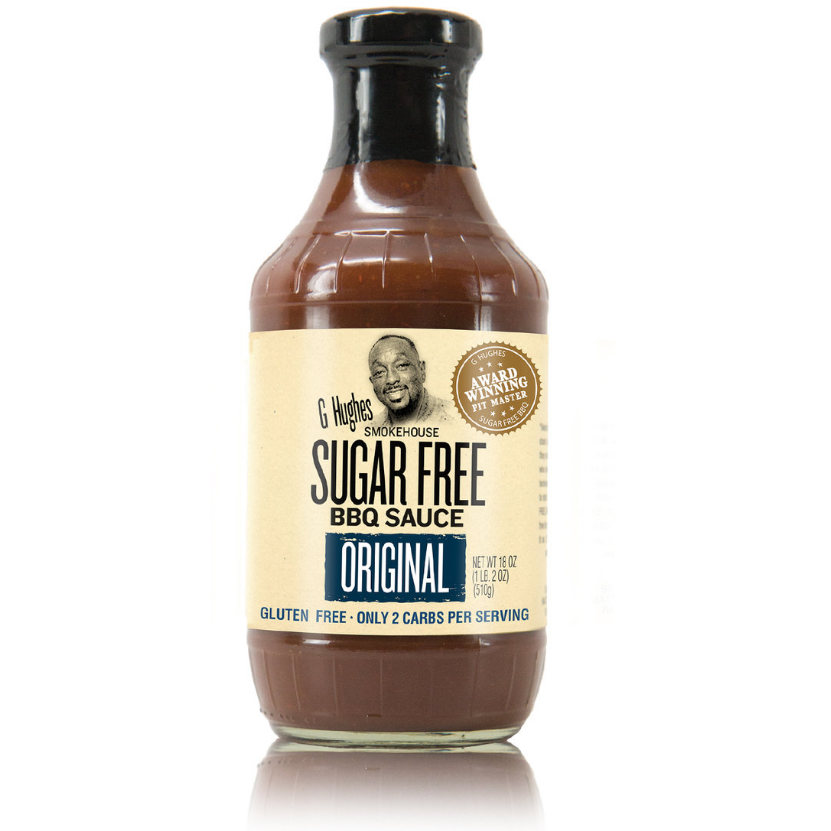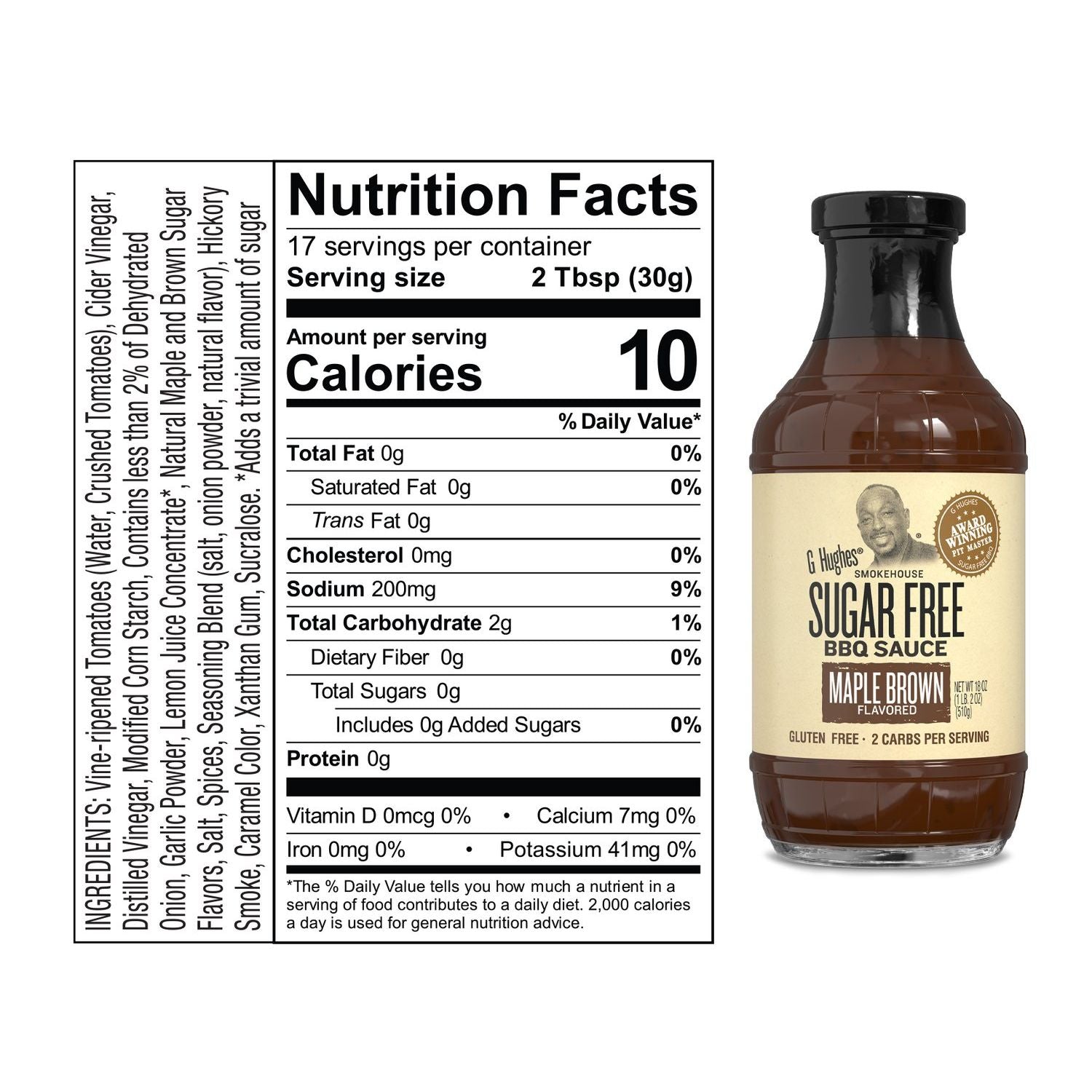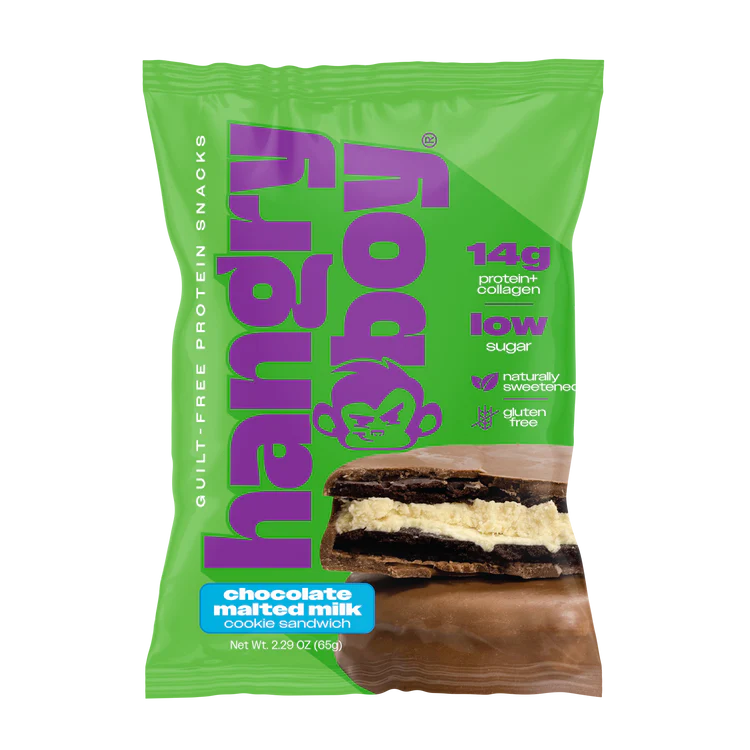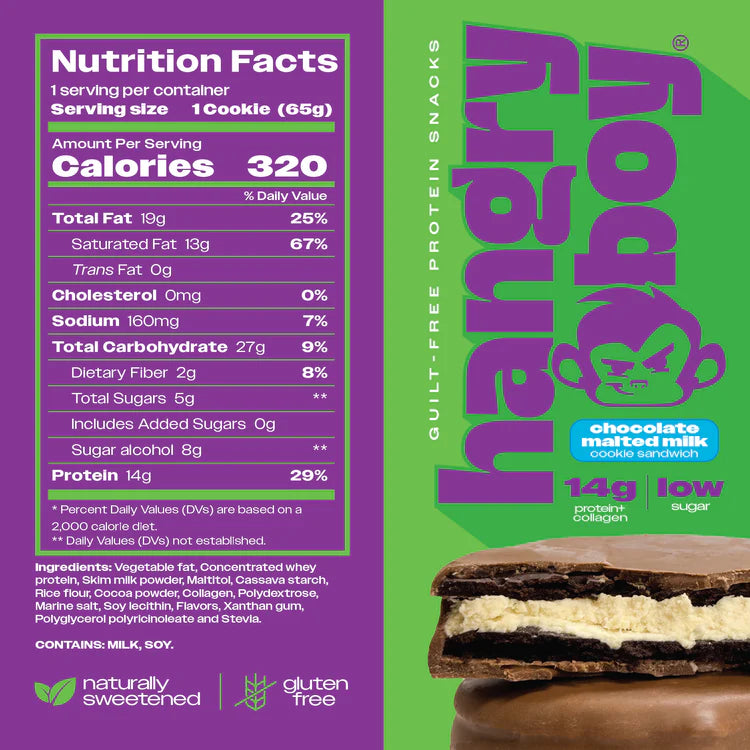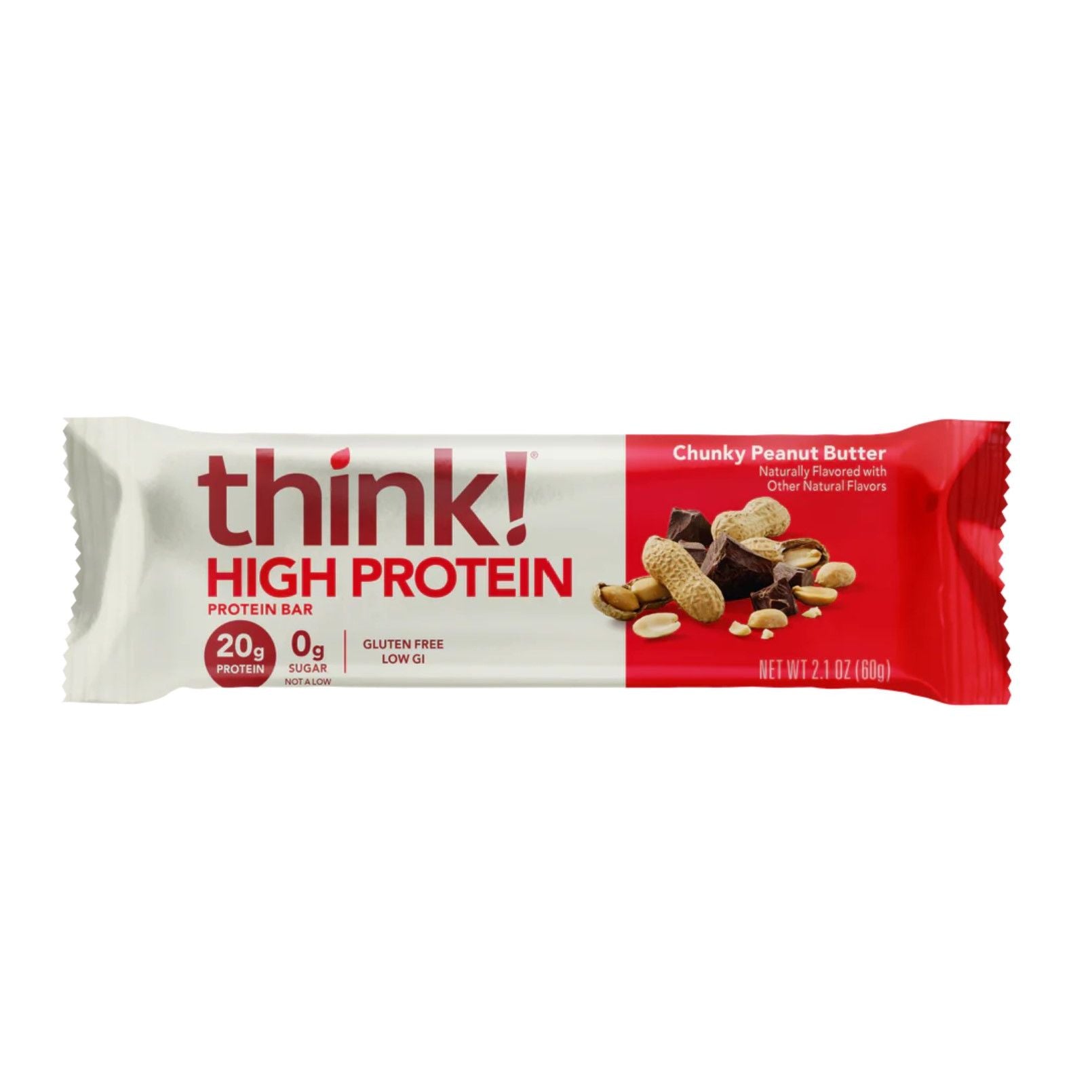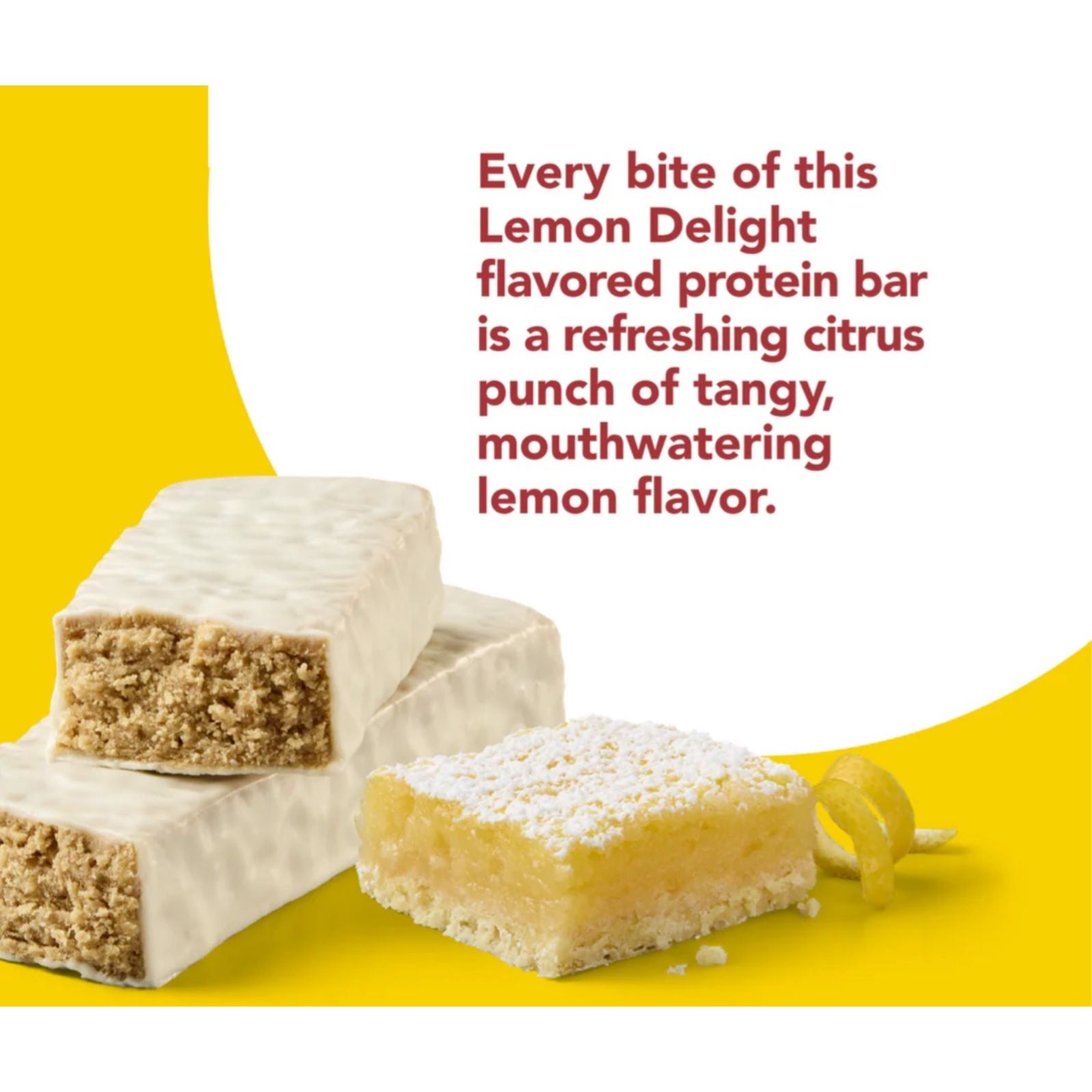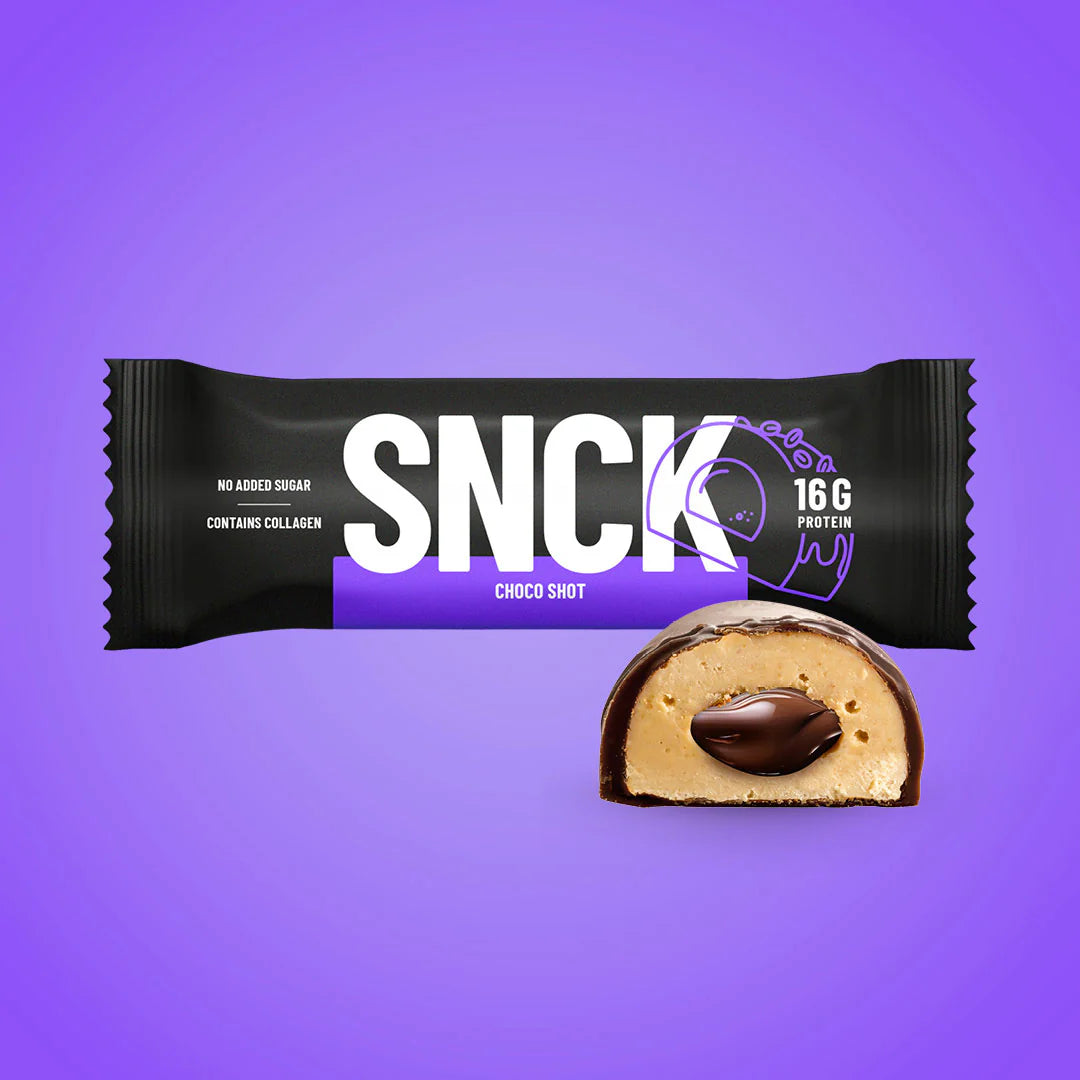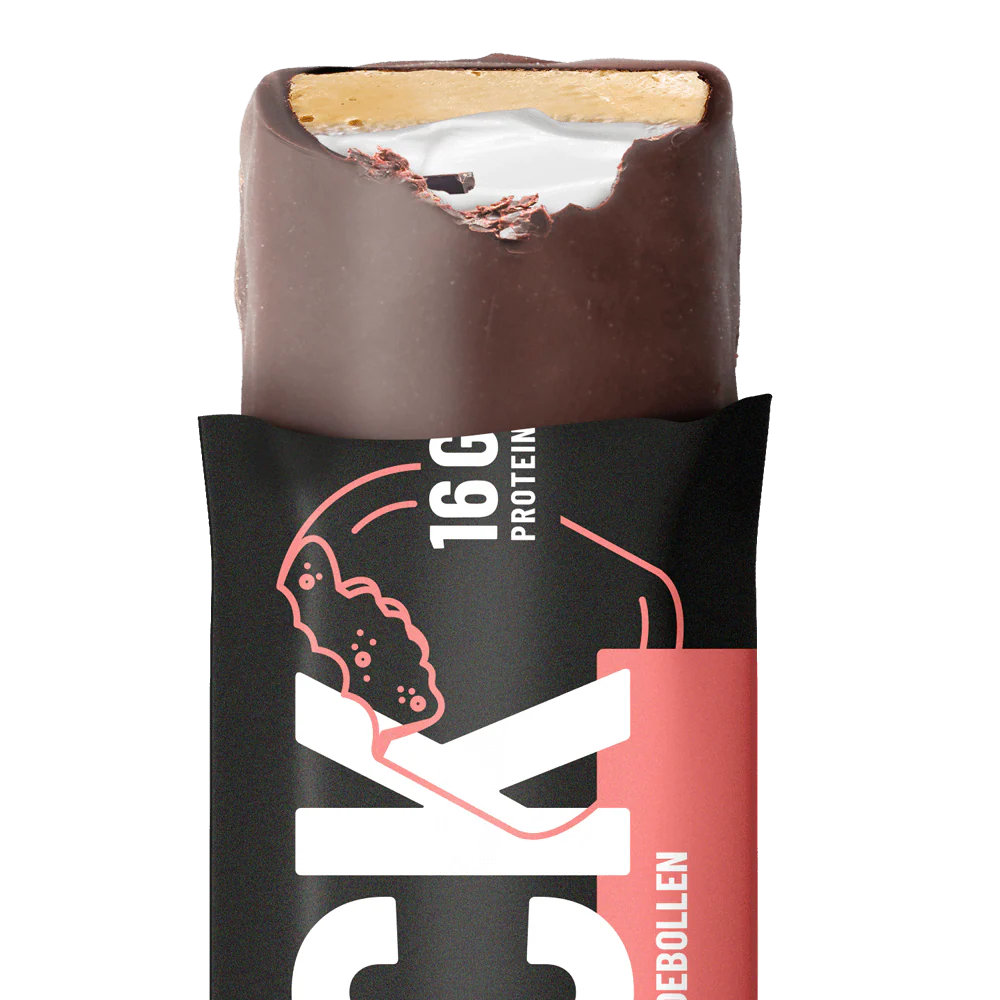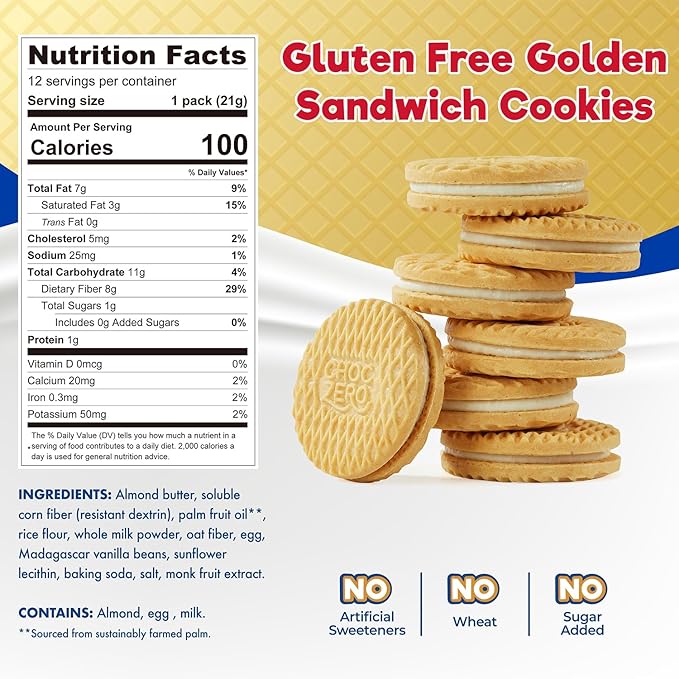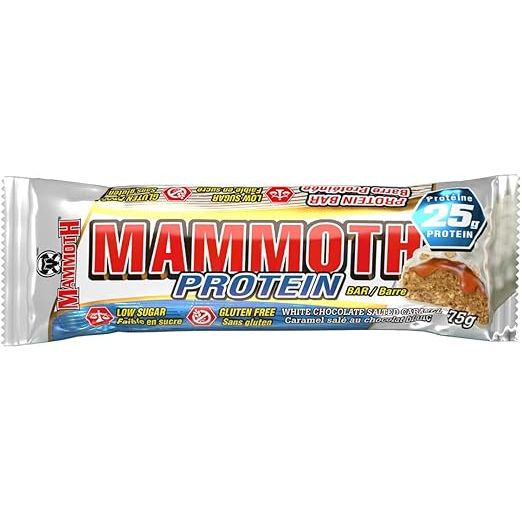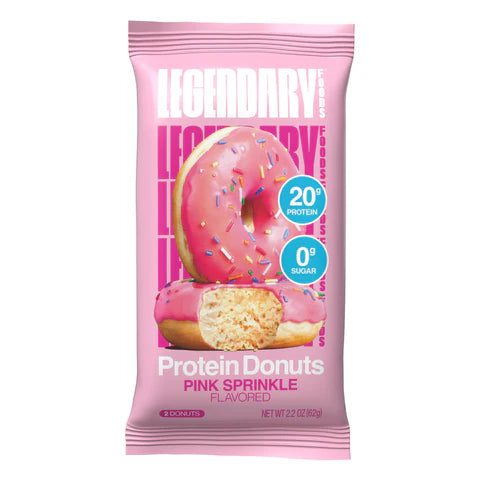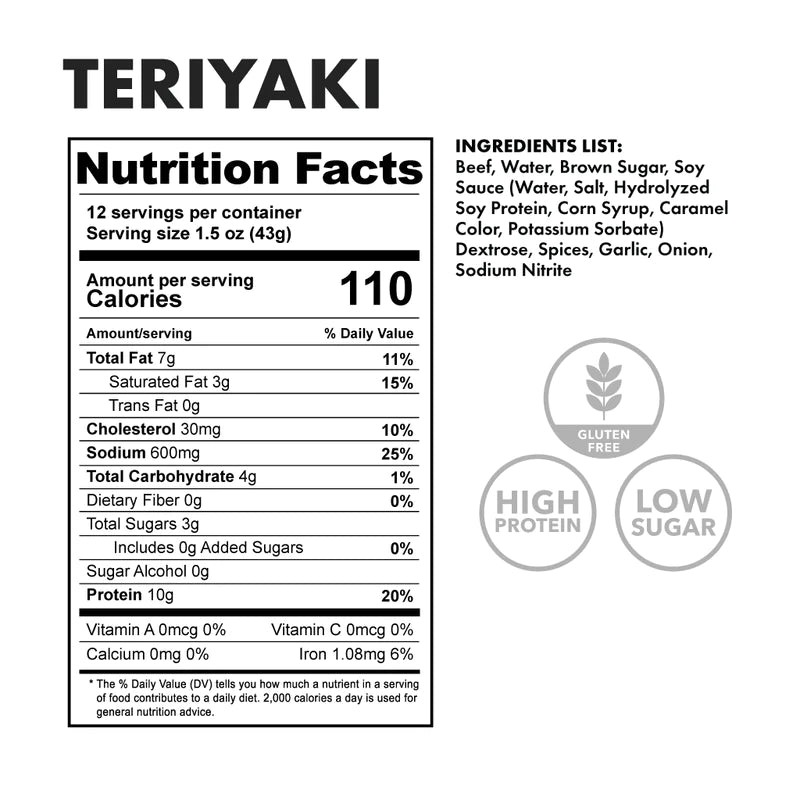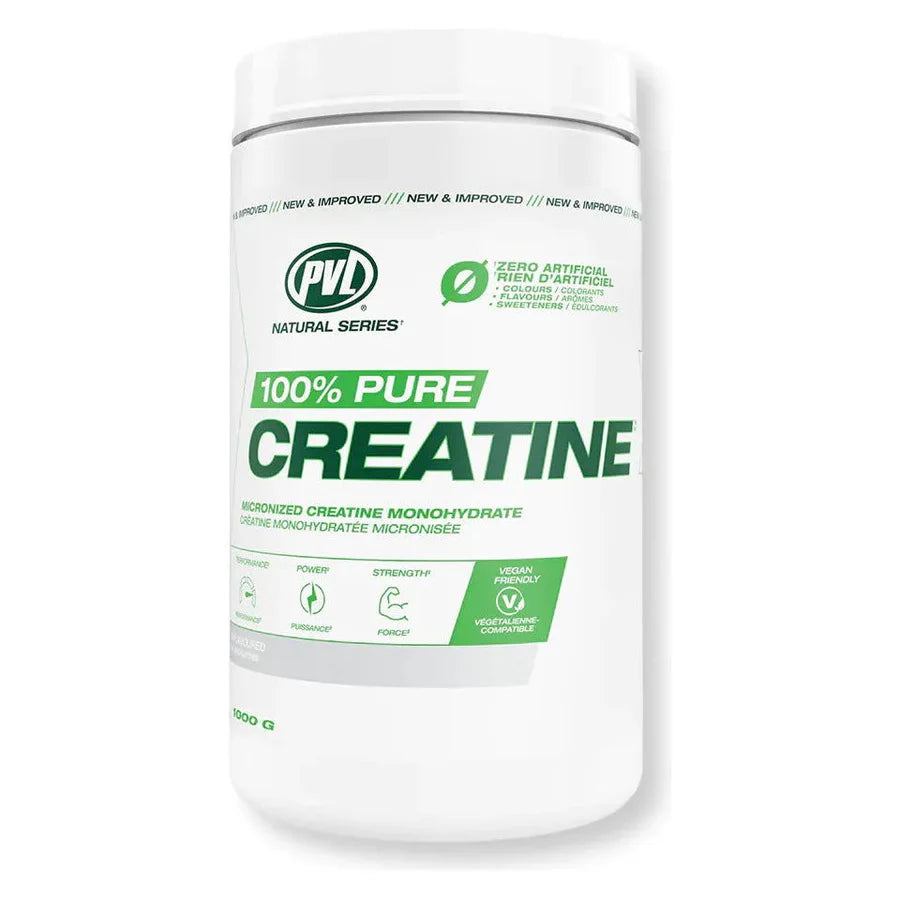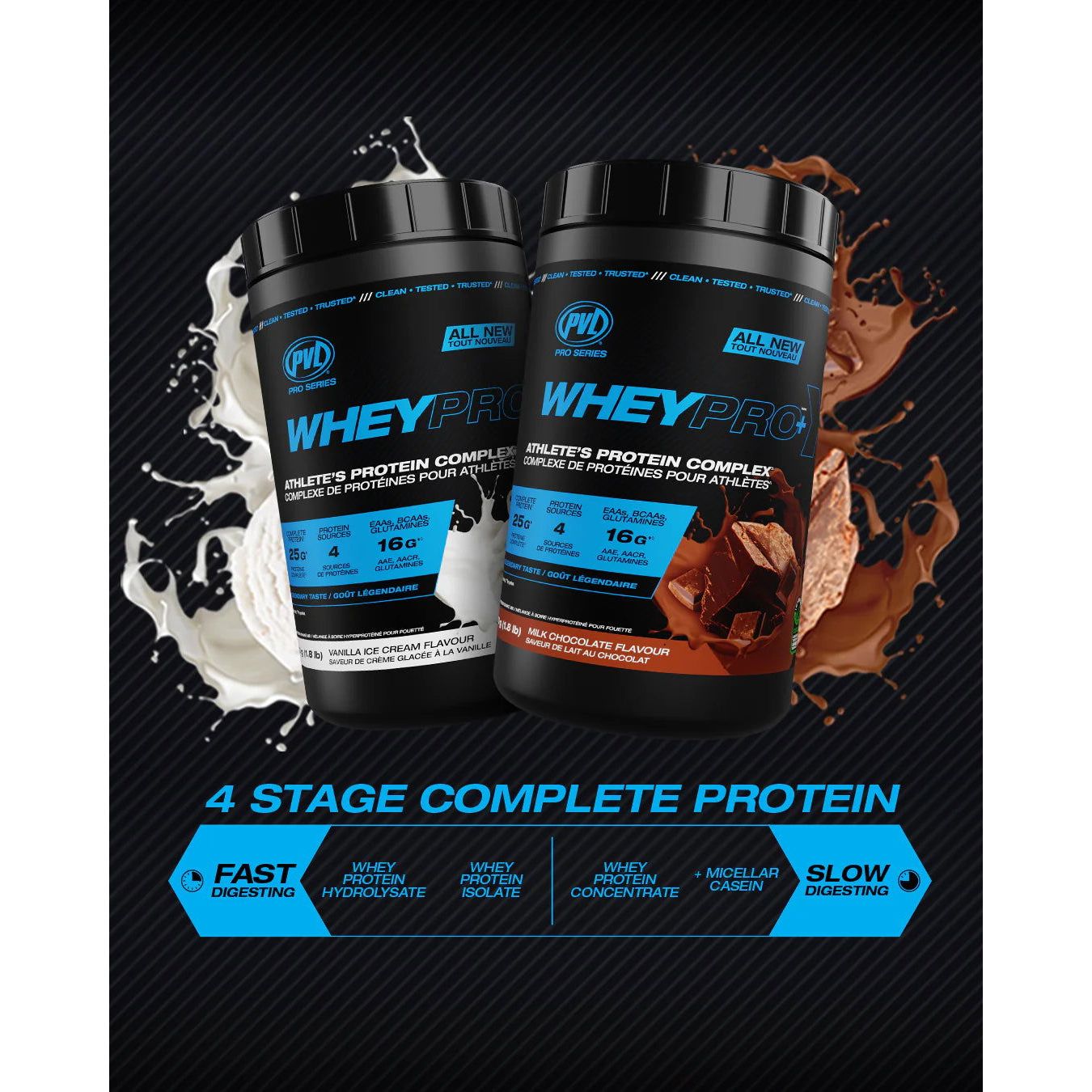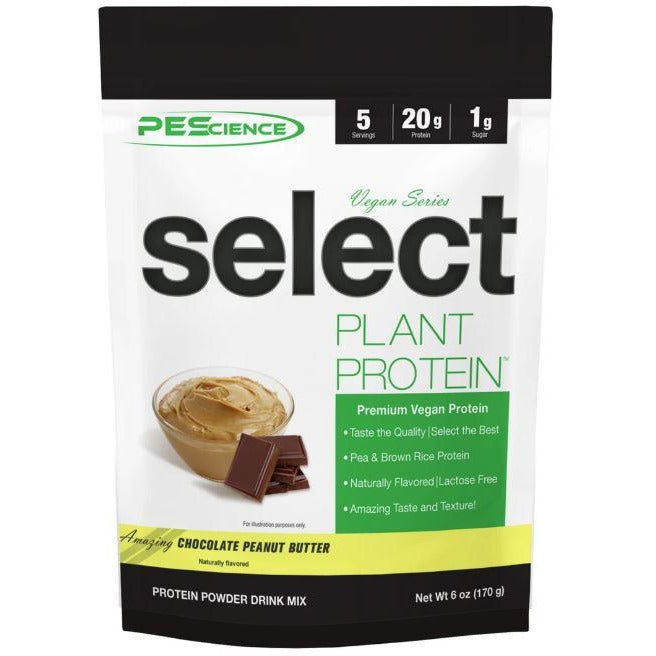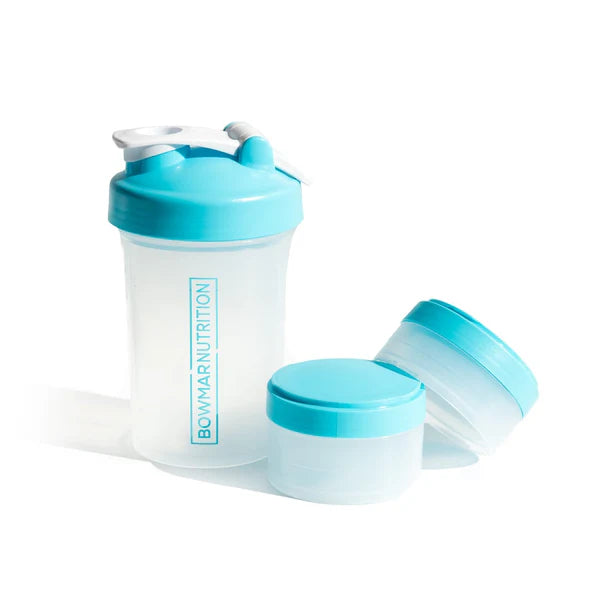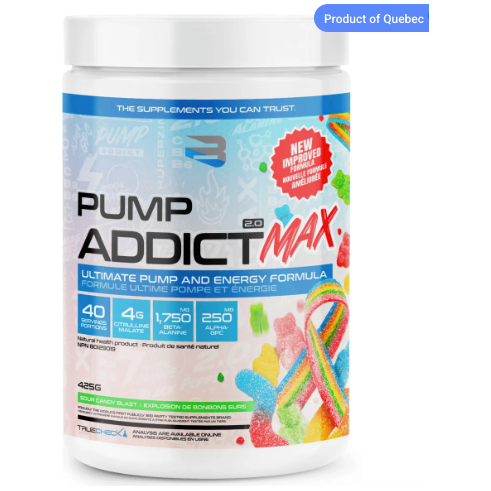Understanding Berberine: The Natural Metabolic Enhancer
Berberine is a bioactive compound extracted from several plants, including Berberis vulgaris (barberry), Coptis chinensis (goldthread), and Hydrastis canadensis (goldenseal). This vibrant yellow alkaloid has been utilized in traditional Chinese and Ayurvedic medicine for centuries, addressing various ailments from digestive issues to infections. In recent years, berberine has garnered significant attention for its potential metabolic benefits, particularly regarding weight management and glucose regulation.
What makes berberine particularly fascinating is its molecular mechanism. Upon ingestion, it activates an enzyme called AMP-activated protein kinase (AMPK), often referred to as the body's "metabolic master switch." This activation initiates a cascade of cellular processes that mimic the effects of caloric restriction and physical exercise, even in the absence of lifestyle changes.
The Science Behind Berberine's Metabolic Effects
The multifaceted approach through which berberine influences metabolism explains its emerging popularity in the supplement industry. Research indicates that berberine may increase insulin sensitivity, reduce hepatic glucose production, and enhance glucose uptake in peripheral tissues. These combined actions have led some researchers to draw parallels between berberine's effects and those of metformin, a widely prescribed medication for type 2 diabetes.
Beyond glucose metabolism, berberine has demonstrated lipid-modulating properties. Clinical studies have observed reductions in total cholesterol, LDL cholesterol, and triglycerides, coupled with modest increases in HDL cholesterol—changes that complement its potential weight management benefits.
Berberine's Role in Weight Management
The connection between berberine and weight management stems primarily from its impact on metabolic efficiency. Unlike stimulant-based weight loss supplements that predominantly affect the central nervous system, berberine addresses multiple pathways involved in energy homeostasis and fat metabolism.
Research suggests that berberine may influence adipogenesis (the formation of new fat cells) and lipolysis (the breakdown of stored fat). A meta-analysis of clinical trials found that individuals taking berberine experienced an average weight reduction of approximately 2.2 kg (5 lbs) over a three-month period compared to placebo groups. While these results may appear modest, they represent significant metabolic improvements, especially when combined with proper nutrition and physical activity.
Mechanisms Behind Berberine's Weight Loss Effects
Several mechanisms contribute to berberine's weight management potential:
- Enhanced thermogenesis and energy expenditure
- Improved insulin sensitivity and glucose metabolism
- Modulation of gut microbiota composition
- Regulation of adipokines (hormones produced by adipose tissue)
- Inhibition of fat storage enzymes
Particularly noteworthy is berberine's influence on brown adipose tissue (BAT) activation. Unlike white fat, which primarily stores energy, brown fat burns calories to generate heat. Research suggests that berberine may increase the expression of uncoupling protein 1 (UCP1) in adipose tissue, potentially enhancing this calorie-burning capacity.
Quality Matters: Choosing the Right Berberine Supplement
For those considering berberine supplementation for weight management, product quality and bioavailability are paramount considerations. Standard berberine has relatively low bioavailability, with absorption rates typically below 5%. This limitation has prompted the development of enhanced formulations designed to improve absorption and efficacy.
ALLMAX Berberine HCl stands out as a premium option for individuals seeking a high-quality berberine supplement. This pharmaceutical-grade product delivers a potent 500mg dose of berberine hydrochloride per capsule, formulated for optimal absorption and utilization.
ALLMAX Berberine HCl offers exceptional purity and potency, making it an ideal choice for individuals looking to support their weight management journey through metabolic optimization. The hydrochloride form enhances stability and absorption compared to standard berberine extracts. Each bottle contains a month's supply when taken as directed, providing a convenient way to incorporate this beneficial compound into your daily wellness routine.
Dosage Considerations and Absorption Enhancers
Optimal berberine dosages typically range from 900-1500mg daily, divided into multiple doses to minimize potential gastrointestinal discomfort and maximize absorption. Some formulations incorporate absorption enhancers like black pepper extract (piperine) or utilize liposomal delivery systems to improve bioavailability.
When selecting a berberine supplement, consider these quality indicators:
- Standardized extract percentage
- Third-party testing certification
- Absence of unnecessary fillers or additives
- Appropriate dosage per serving
- Enhanced bioavailability features
Combining Berberine with Lifestyle Modifications
While berberine demonstrates promising metabolic benefits, its effects are significantly amplified when combined with supportive lifestyle practices. Rather than viewing berberine as a standalone solution, consider it a catalyst that enhances the results of proper nutrition and regular physical activity.
"Berberine isn't a magic bullet, but rather a powerful ally in the comprehensive approach to metabolic health and weight management. When combined with mindful eating and regular movement, its effects become truly transformative."
— Journal of Integrative Metabolism Research
Synergistic Nutrition Strategies
Certain dietary approaches may complement berberine's metabolic effects. Reducing refined carbohydrates while emphasizing protein intake can enhance berberine's impact on glucose metabolism and satiety. Including fiber-rich foods supports gut health, potentially augmenting berberine's influence on the microbiome.
For active individuals, timing berberine intake around workouts may optimize its benefits. Some research suggests taking berberine before exercise may enhance fat utilization during activity, while post-workout administration may support nutrient partitioning toward muscle tissue rather than fat storage.
Potential Side Effects and Considerations
While berberine is generally well-tolerated, awareness of potential side effects and contraindications is essential. The most commonly reported side effects involve the gastrointestinal tract and typically diminish with continued use or dosage adjustment.
| Common Side Effects | Frequency | Management Strategies |
|---|---|---|
| Digestive discomfort | Common | Take with meals, reduce dose initially |
| Diarrhea | Occasional | Divided dosing, temporary dose reduction |
| Constipation | Rare | Increase water intake, add fiber |
| Headache | Rare | Ensure adequate hydration |
Important Precautions and Interactions
Berberine may interact with certain medications, particularly those metabolized by the cytochrome P450 enzyme system. Individuals taking prescription medications should consult with healthcare providers before initiating berberine supplementation. Of particular concern are potential interactions with diabetes medications, as berberine may enhance their glucose-lowering effects, potentially leading to hypoglycemia.
Pregnant and breastfeeding women should avoid berberine due to insufficient safety data. Additionally, individuals with gallbladder conditions or bile duct obstruction should exercise caution, as berberine may affect bile secretion.
Frequently Asked Questions About Berberine for Weight Loss
Evidence-Based Answers to Common Queries
Many individuals considering berberine supplementation have similar questions regarding its efficacy, safety, and practical implementation. Here are evidence-based answers to the most frequently asked questions:
How long does it take to see results with berberine?
Most clinical studies report measurable metabolic improvements within 4-8 weeks of consistent berberine supplementation. However, individual responses vary based on baseline metabolic health, dosage, formulation quality, and concurrent lifestyle practices.
Can berberine replace exercise for weight loss?
While berberine activates some of the same cellular pathways as exercise, it cannot replicate all the multifaceted benefits of physical activity. The most impressive results occur when berberine supplementation complements, rather than replaces, regular physical activity.
Is berberine suitable for everyone trying to lose weight?
Berberine may be most beneficial for individuals with metabolic inefficiencies, particularly those with insulin resistance or elevated blood glucose. While generally safe for most adults, it's not recommended for pregnant women, nursing mothers, or individuals with certain medical conditions without medical supervision.
Understanding berberine's mechanisms, benefits, and limitations enables informed decisions about its role in a comprehensive approach to weight management and metabolic health. When combined with appropriate lifestyle modifications and quality supplementation, berberine represents a promising natural compound for those seeking to optimize their metabolic function and support healthy body composition.

